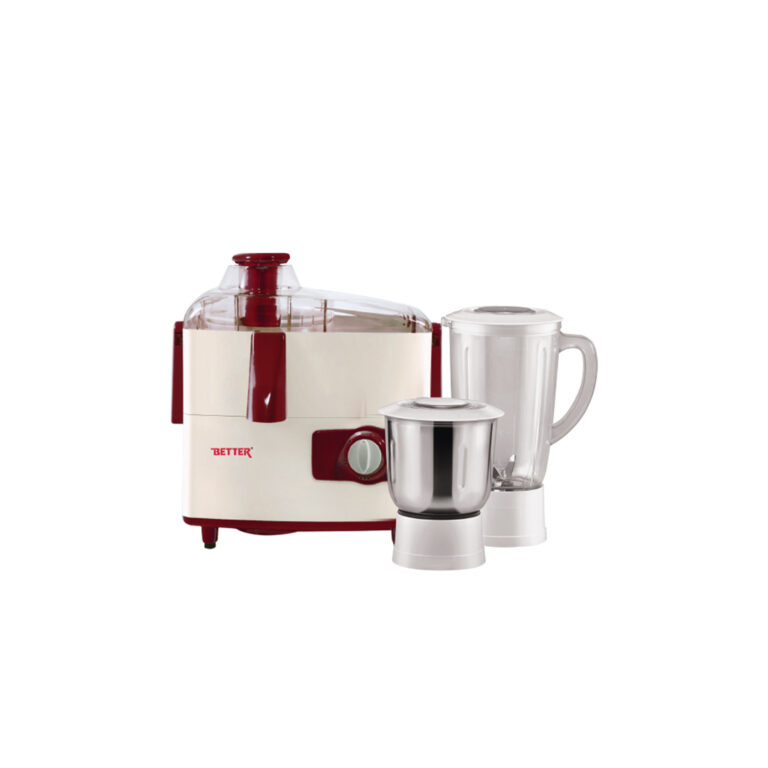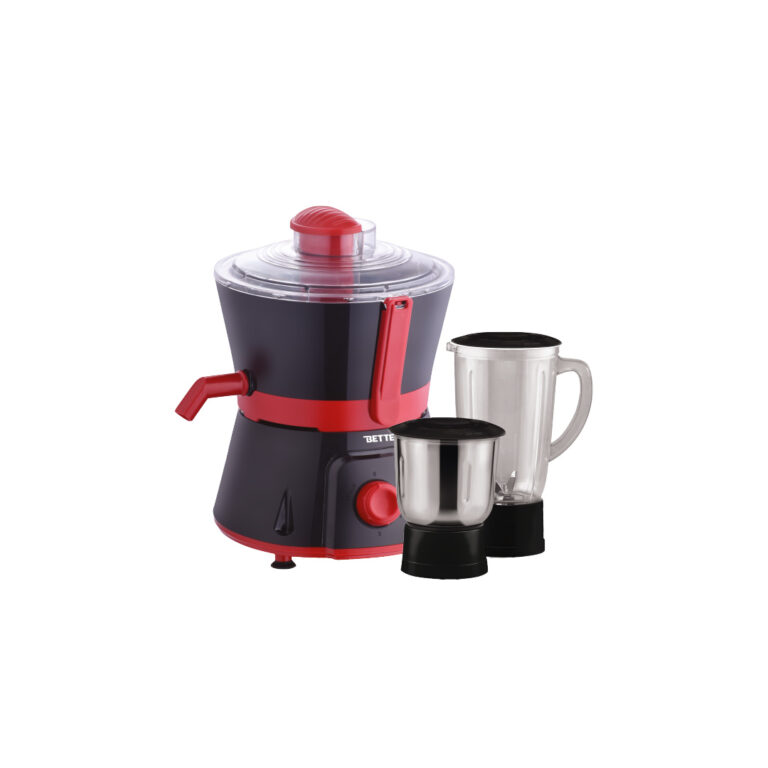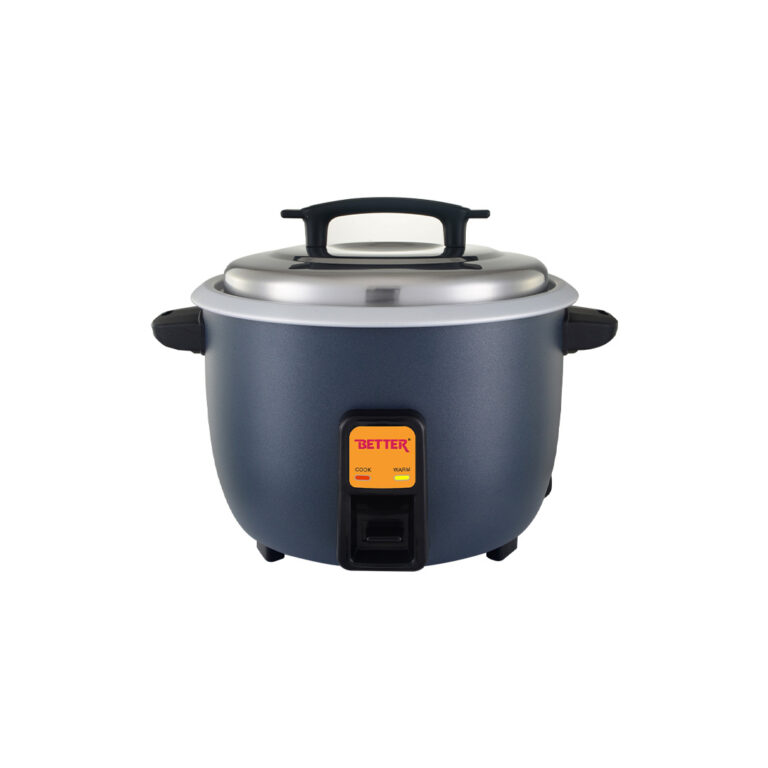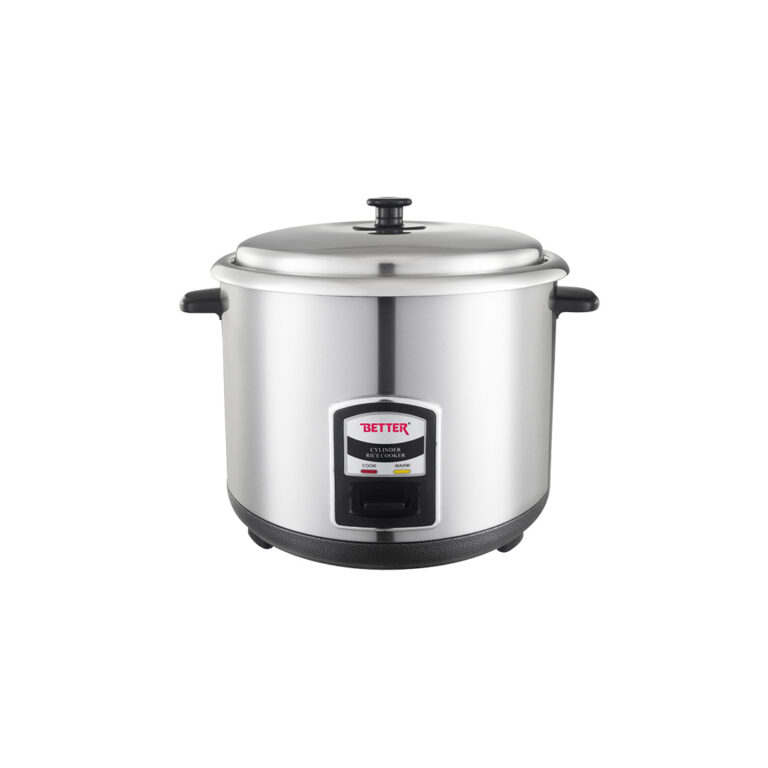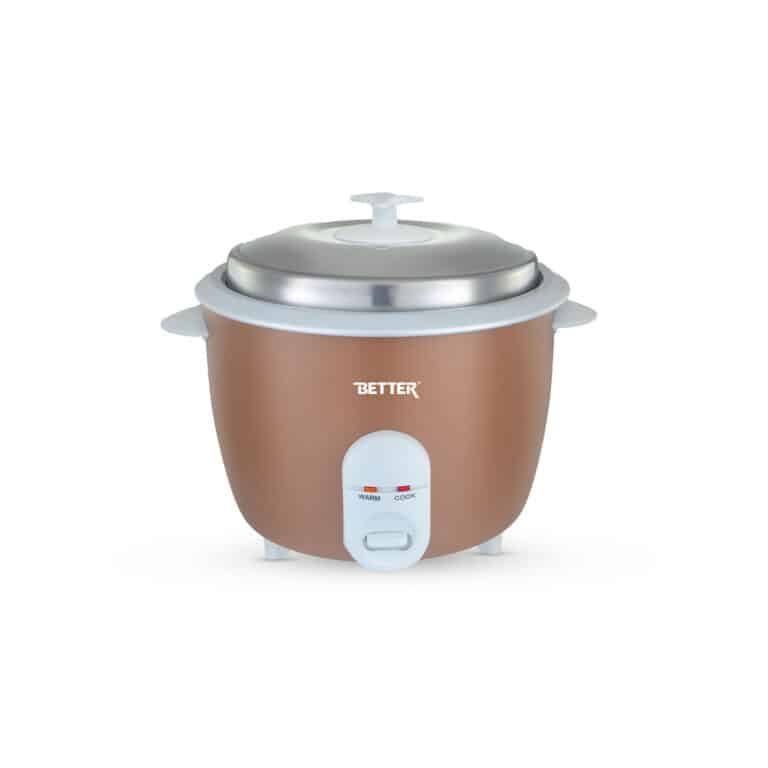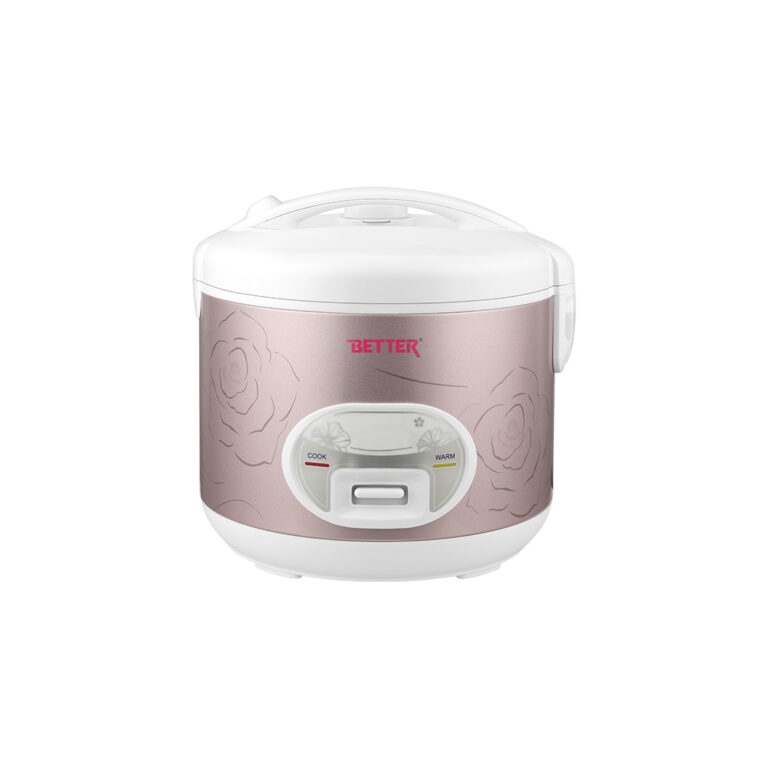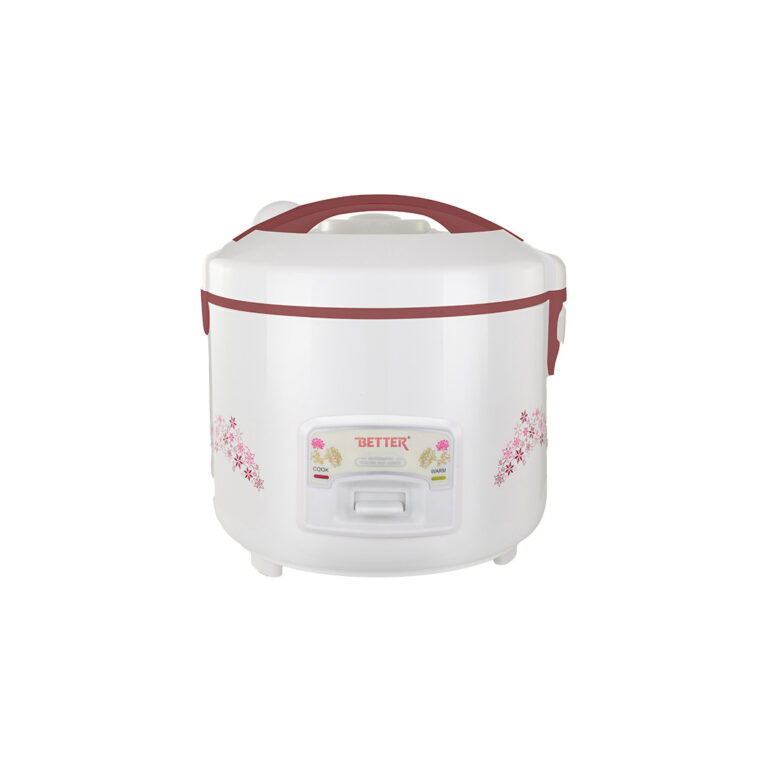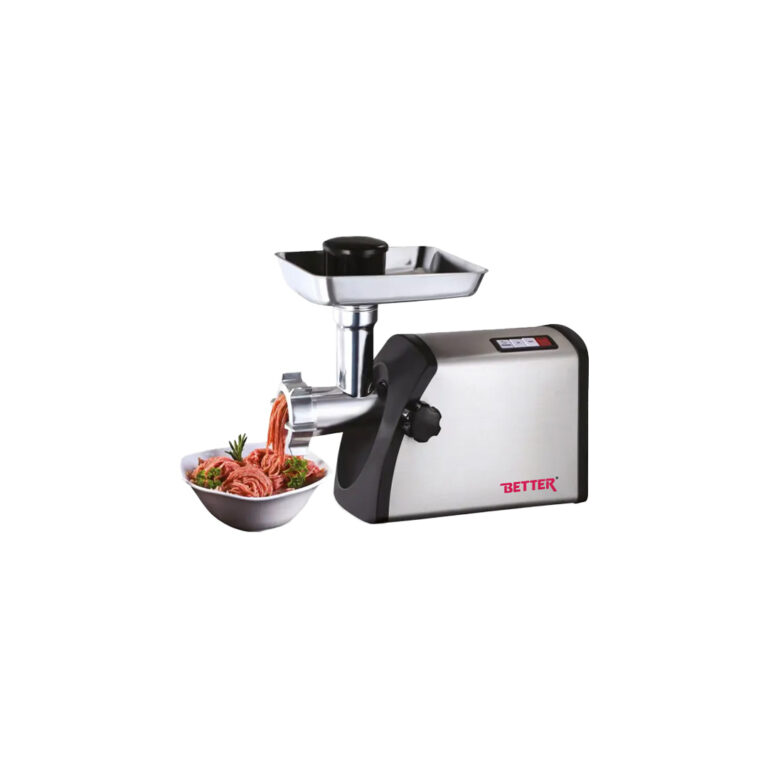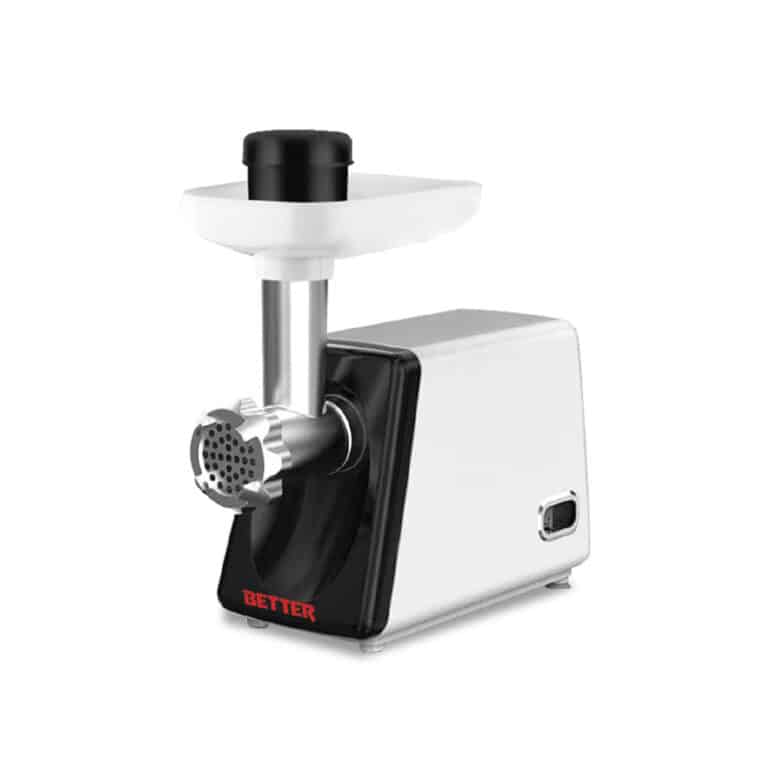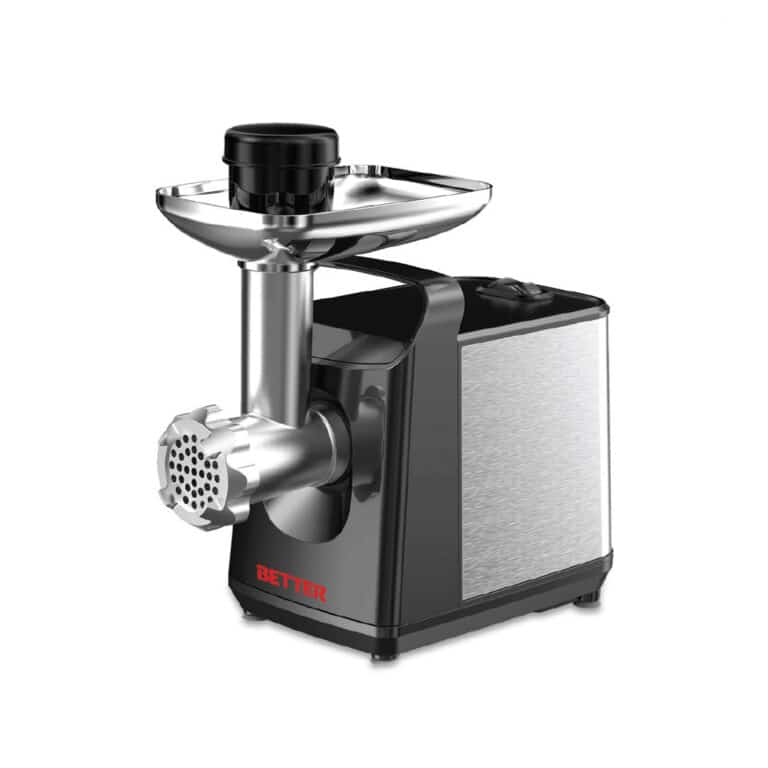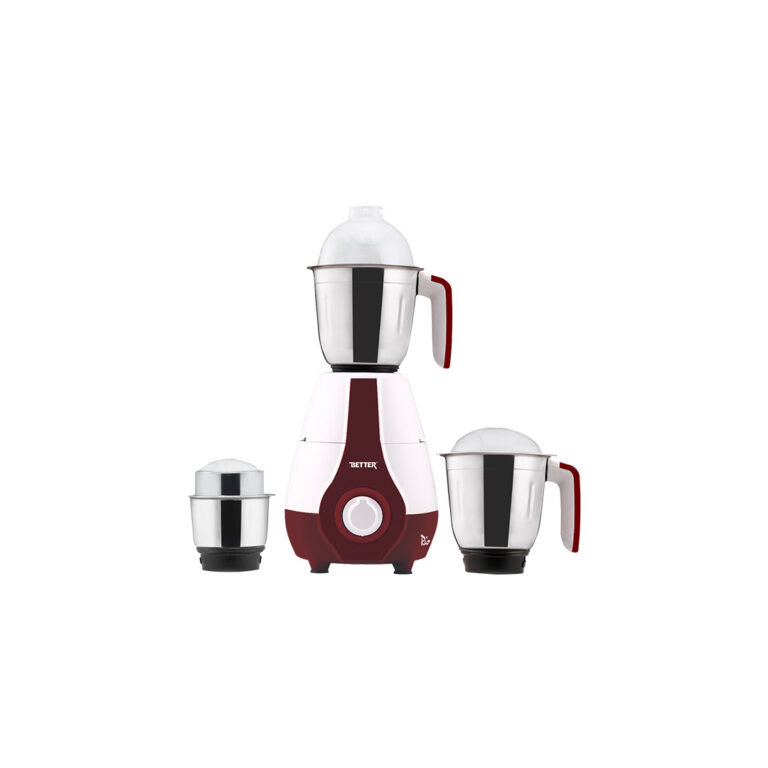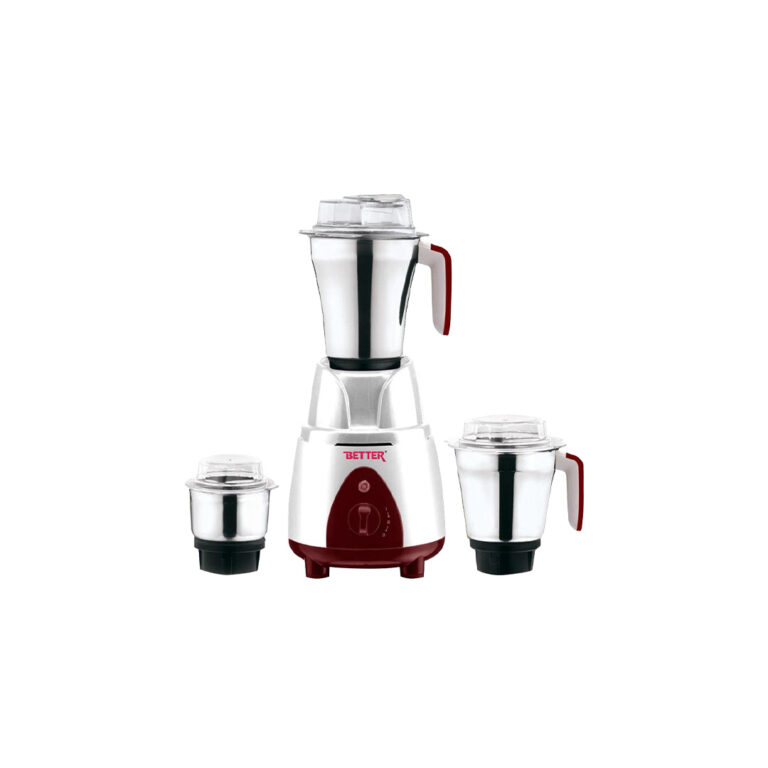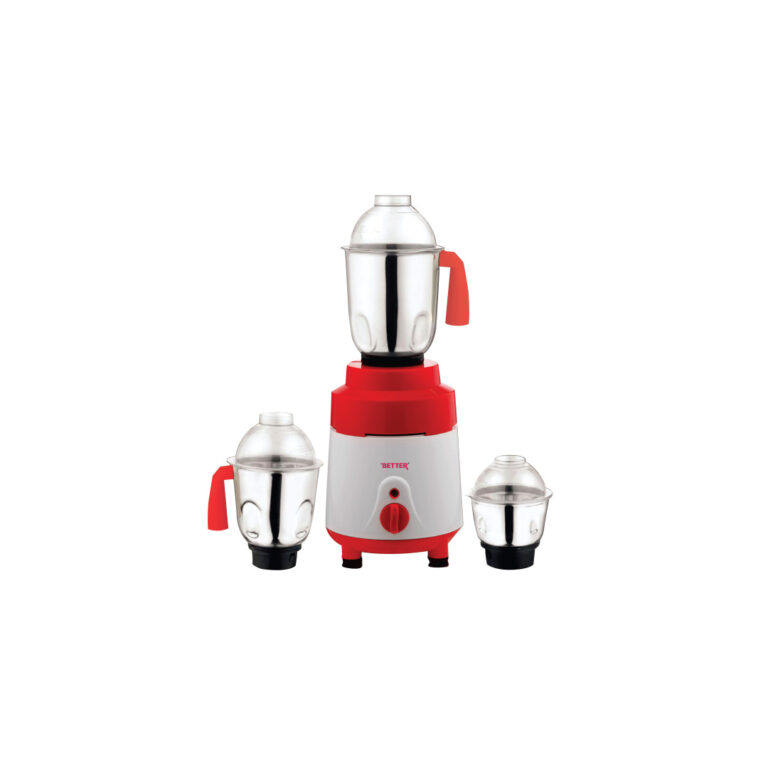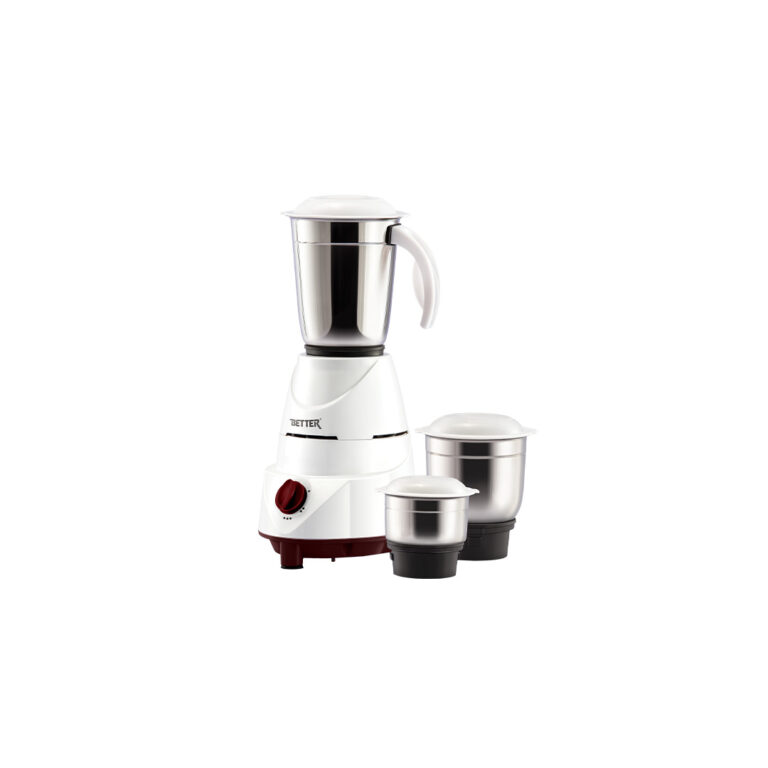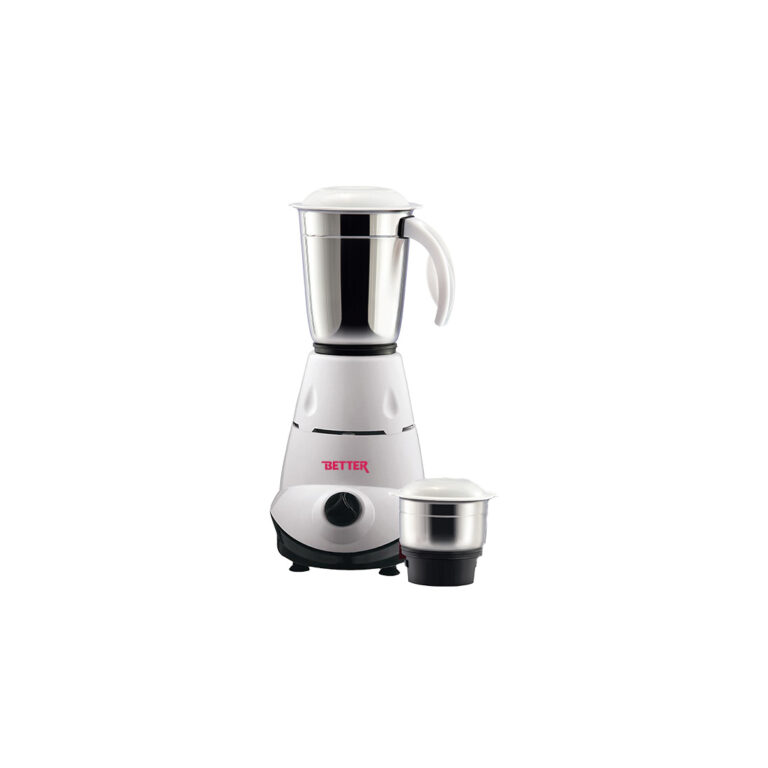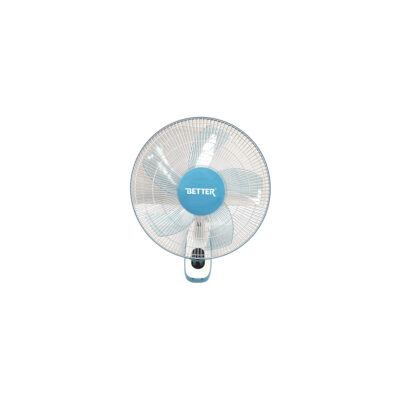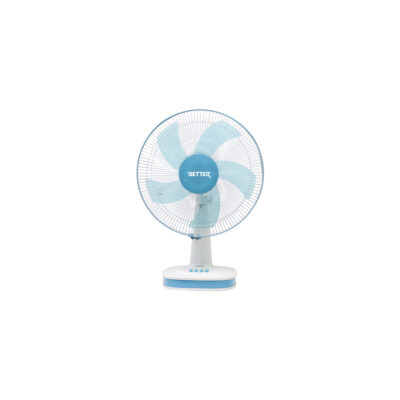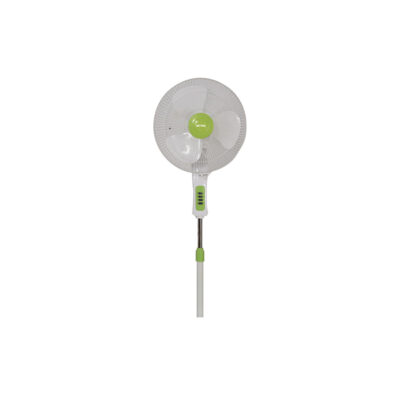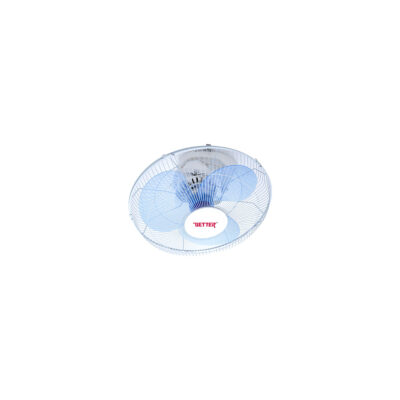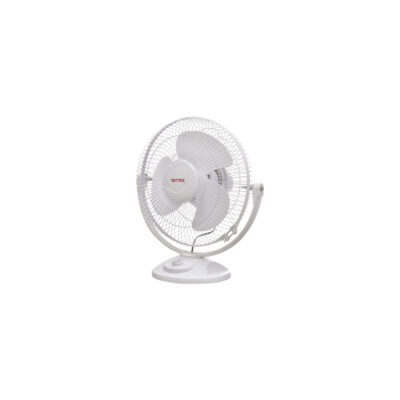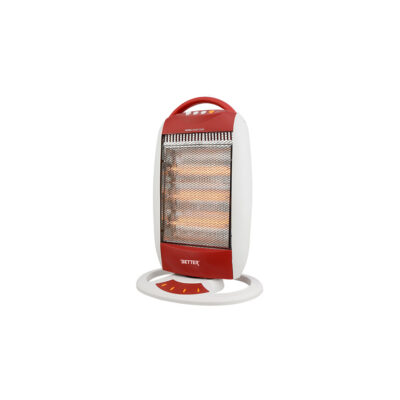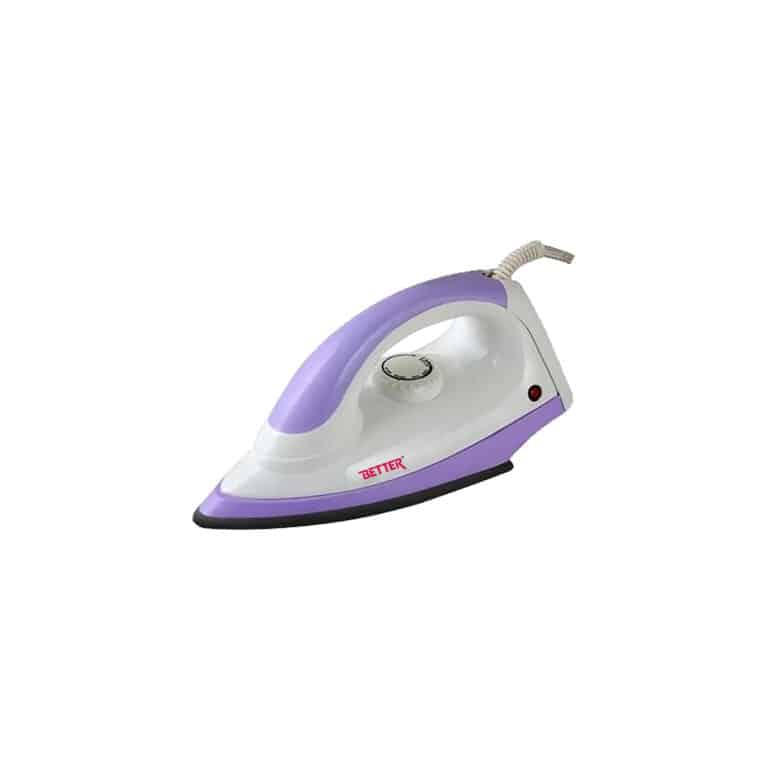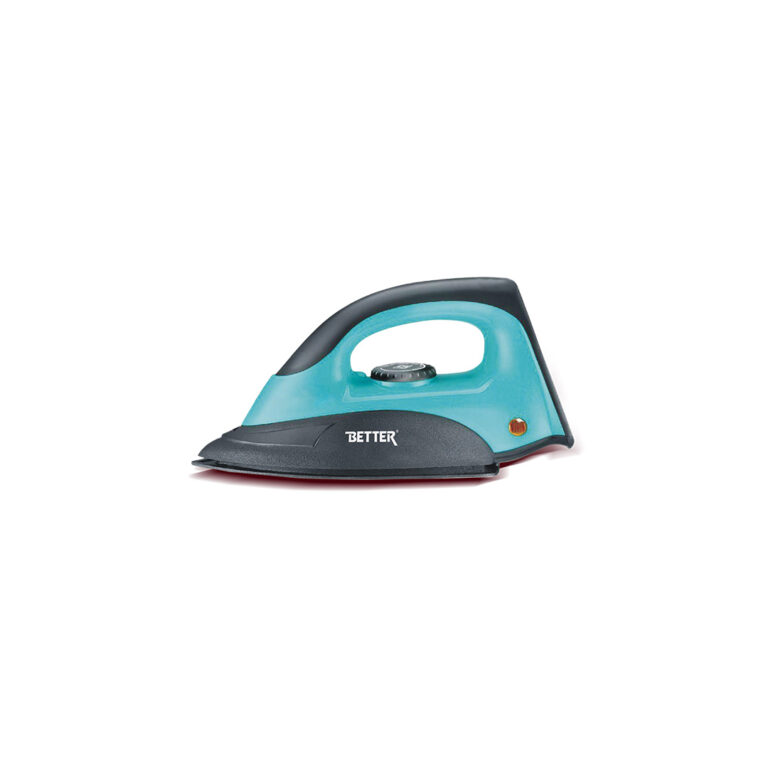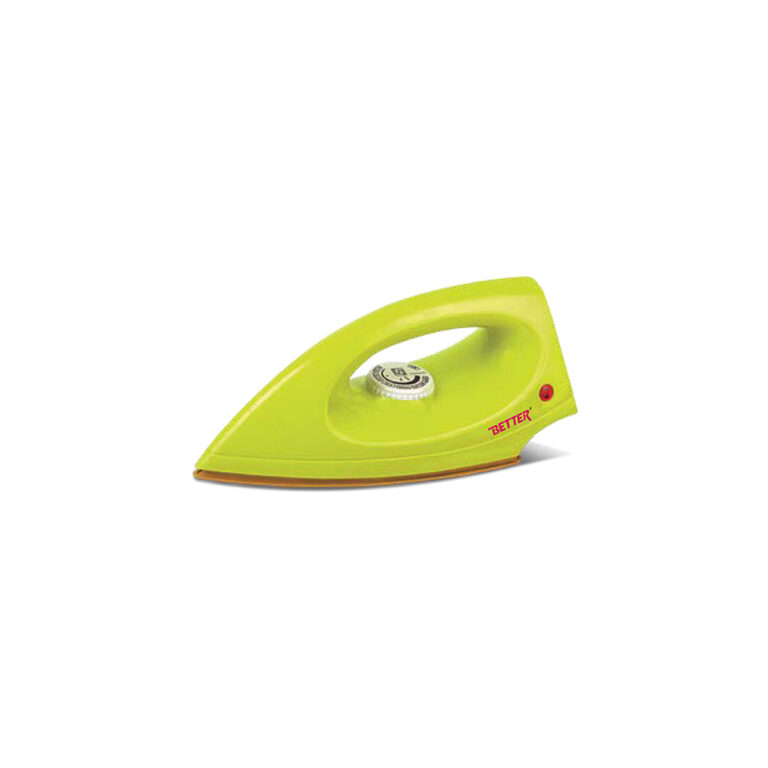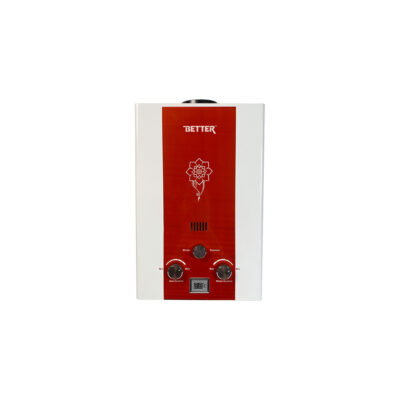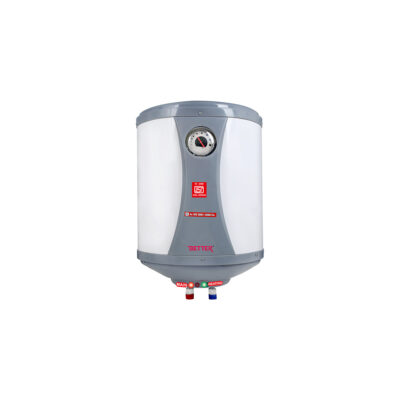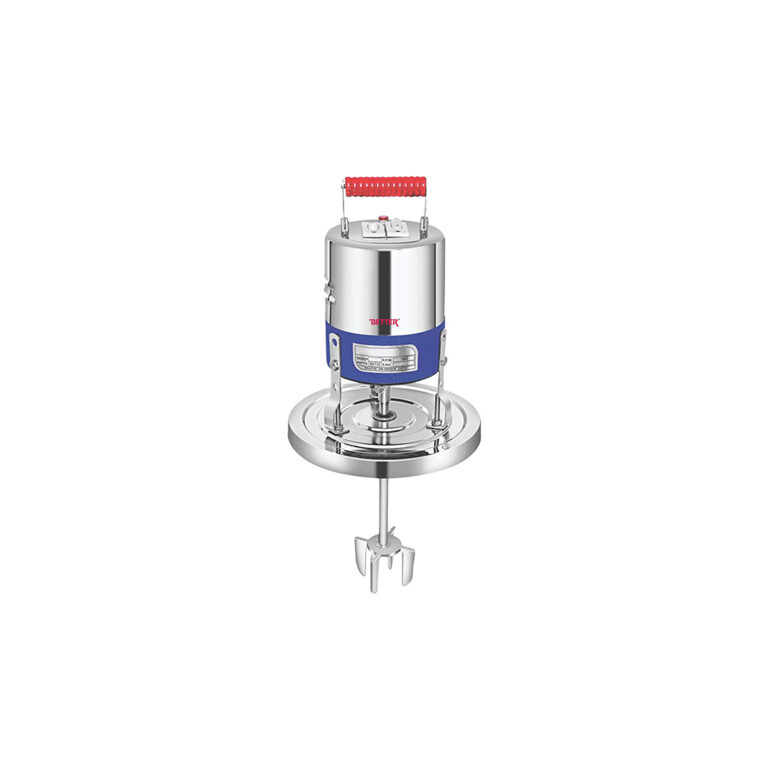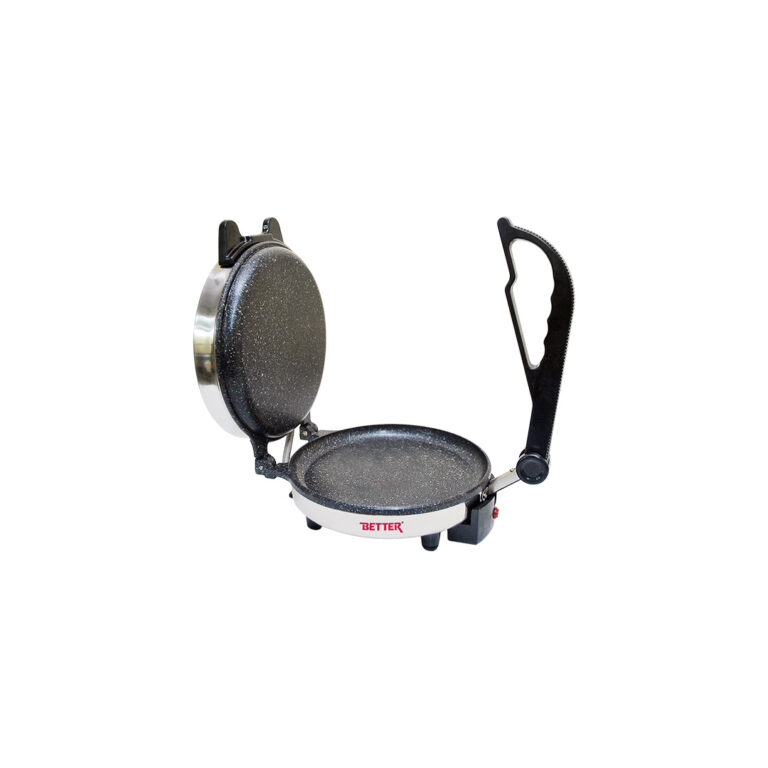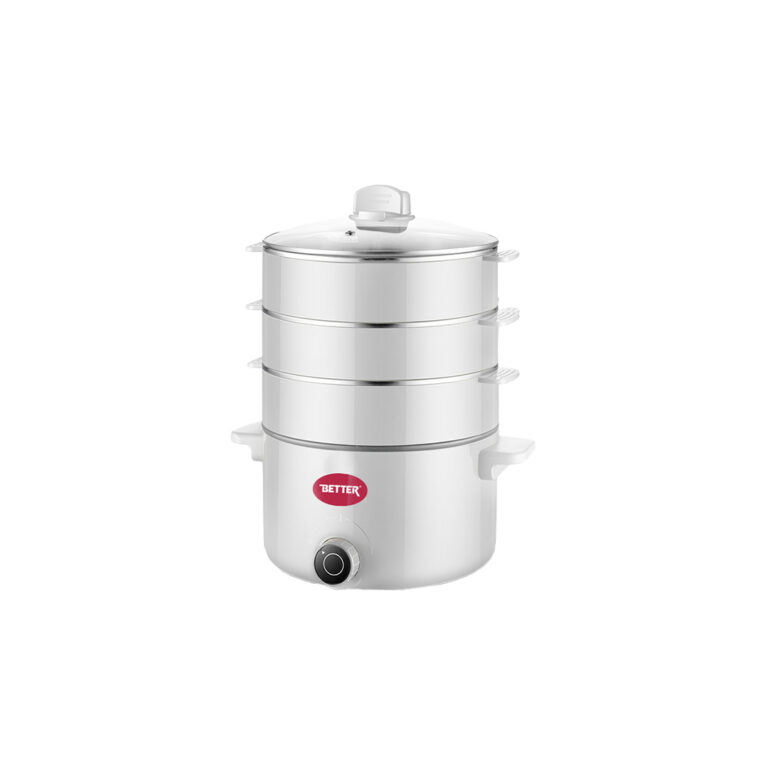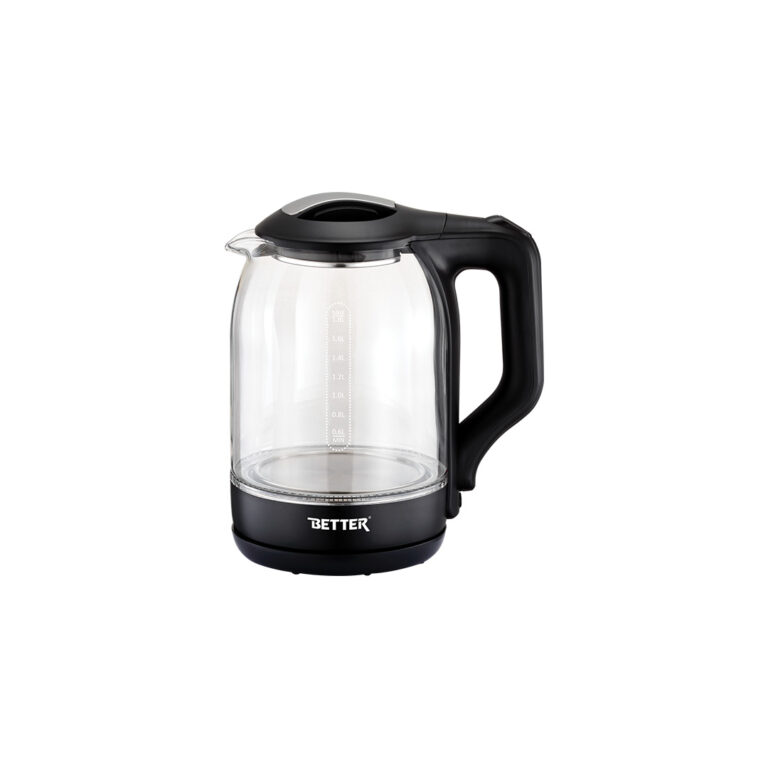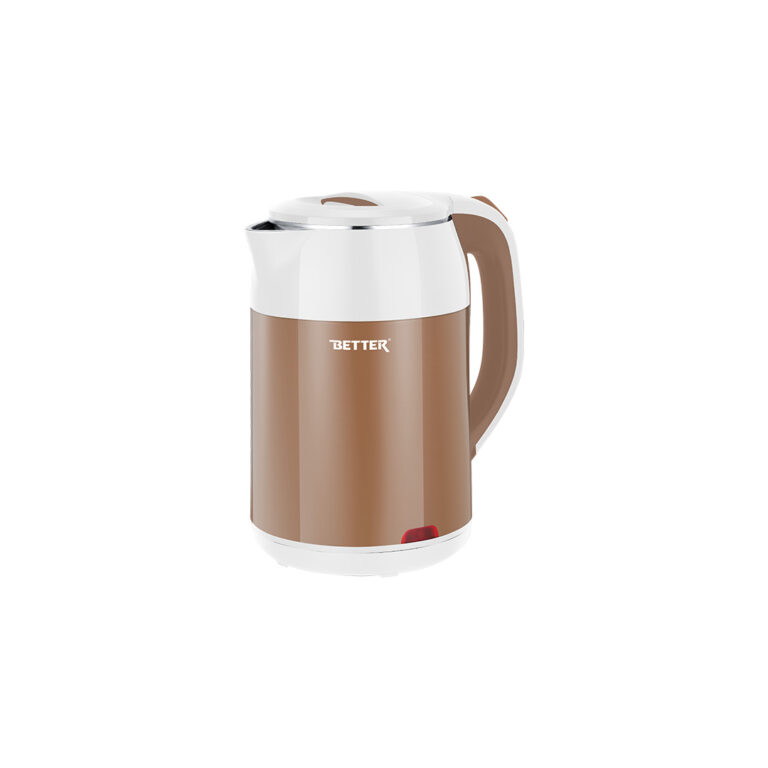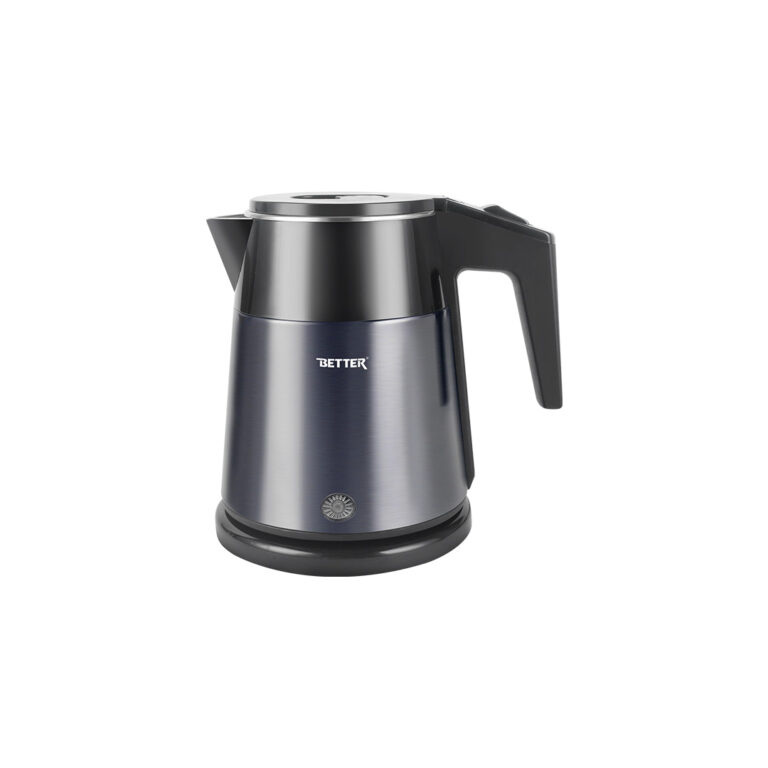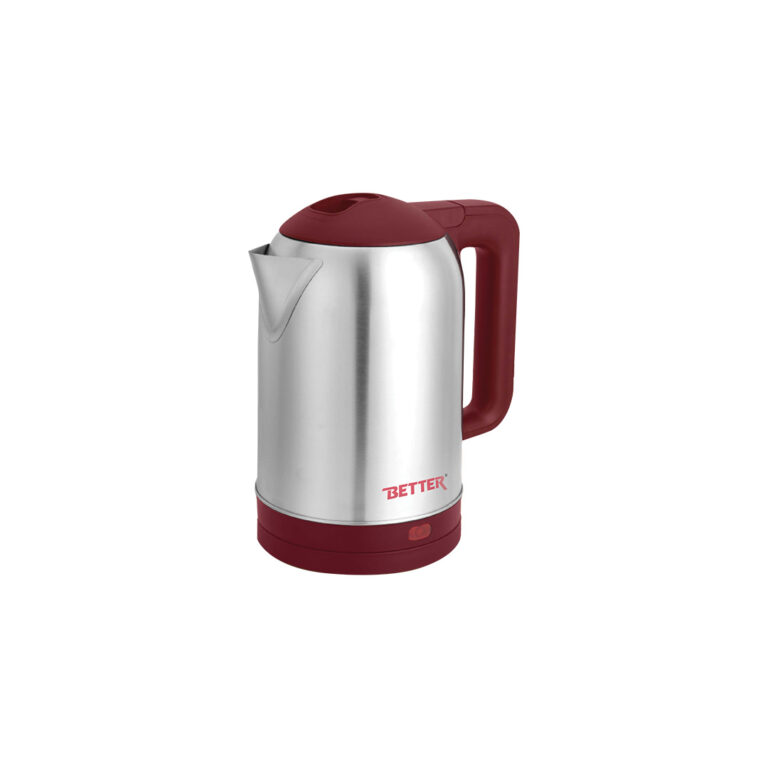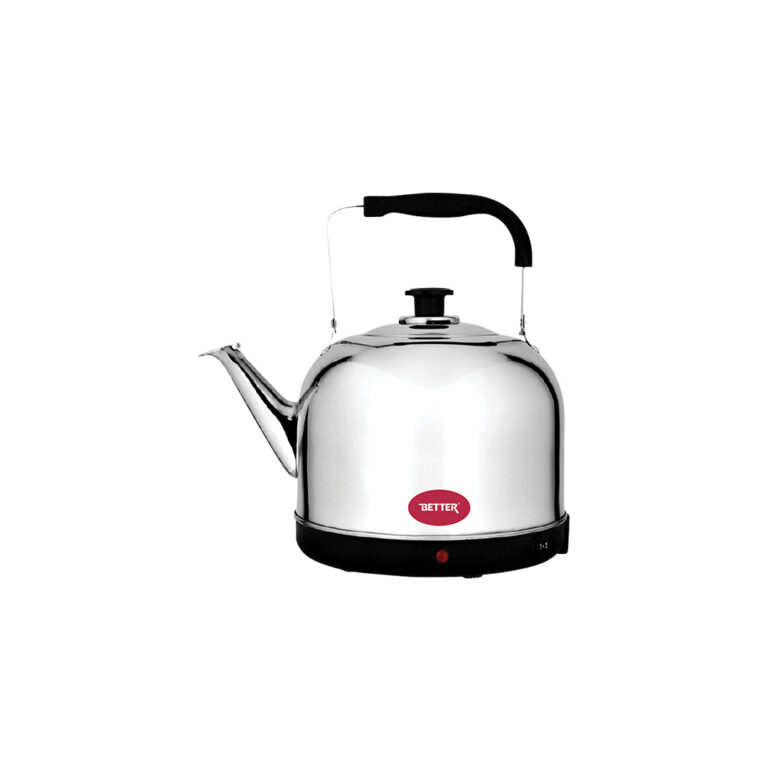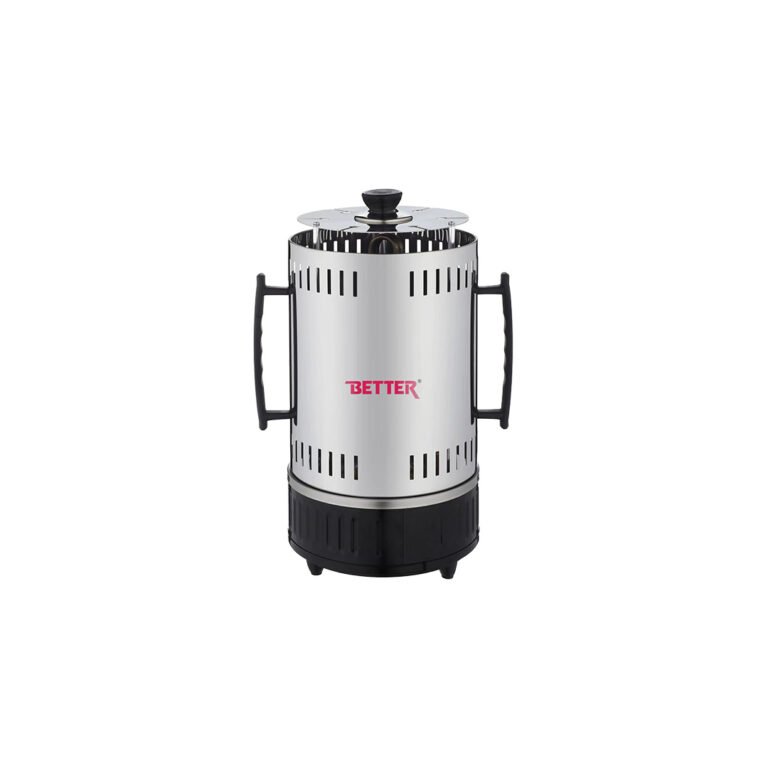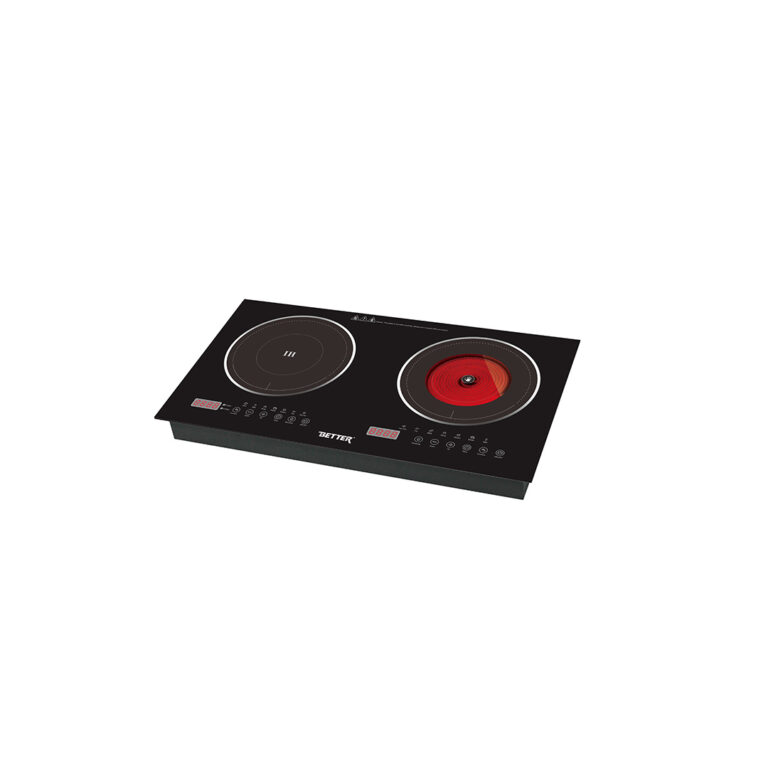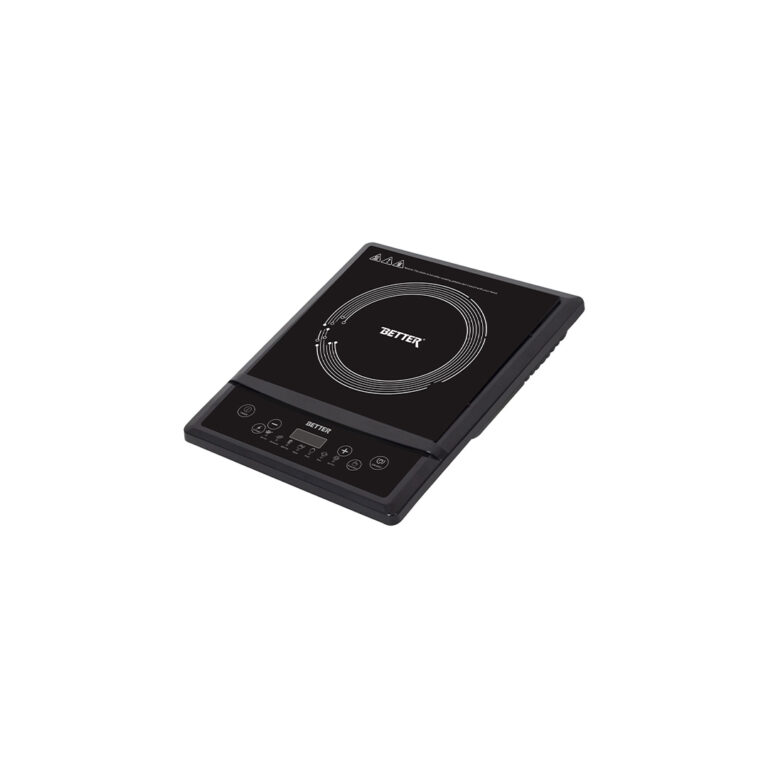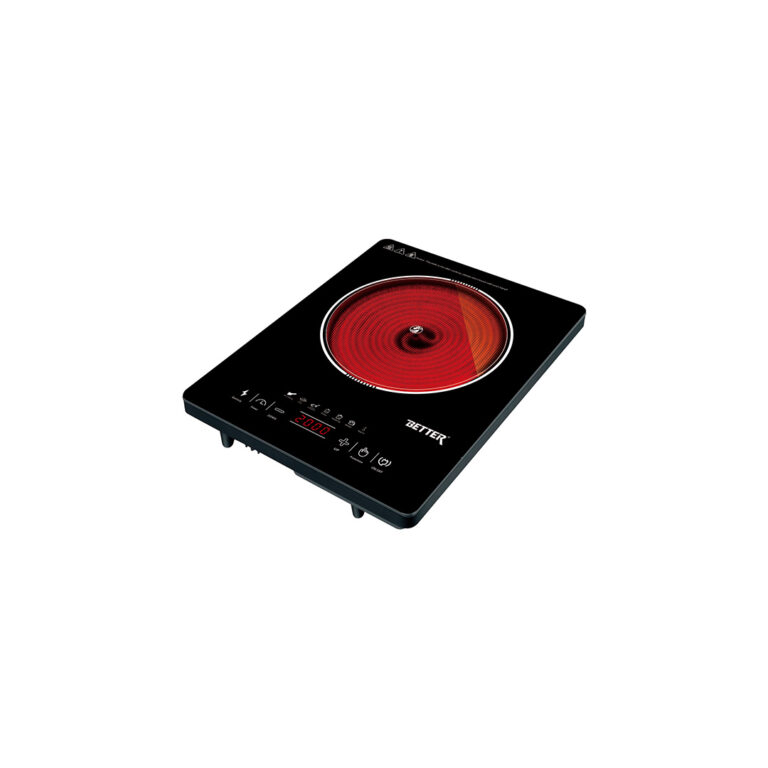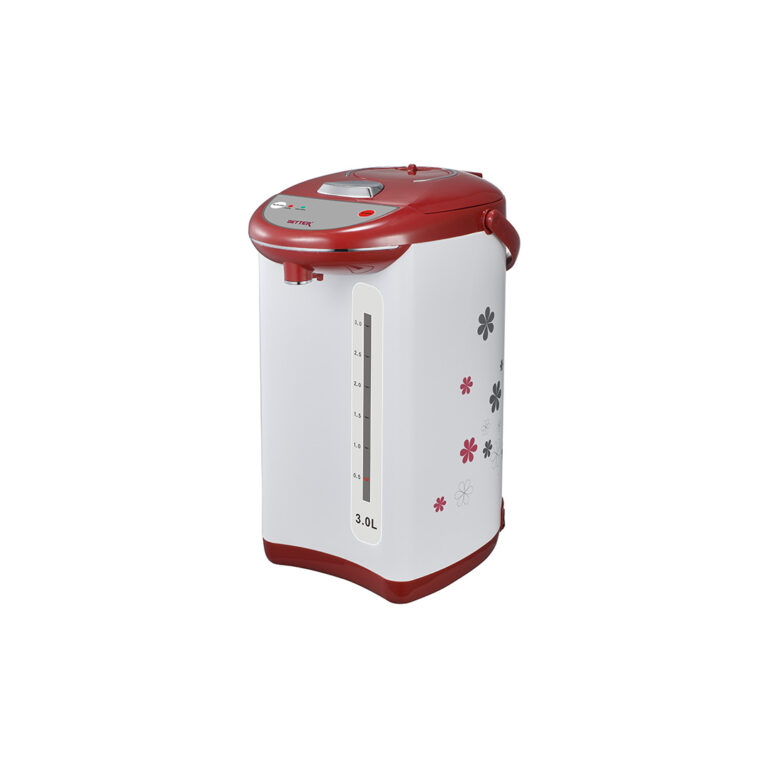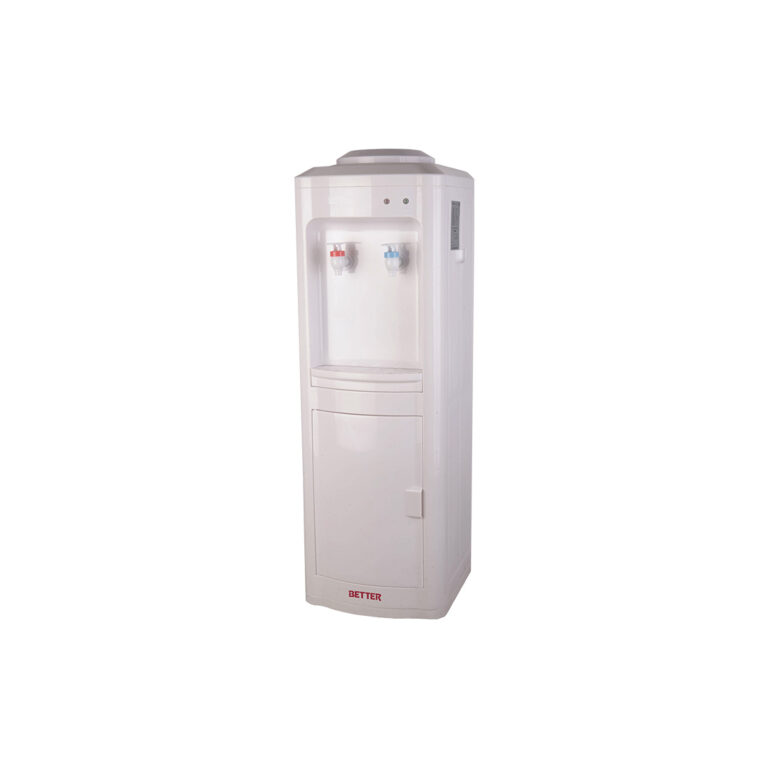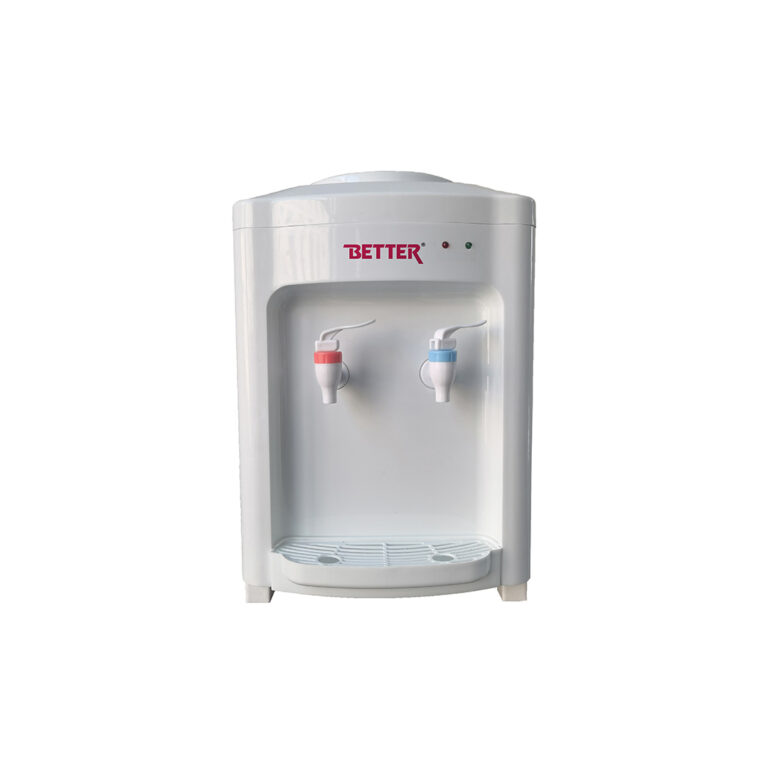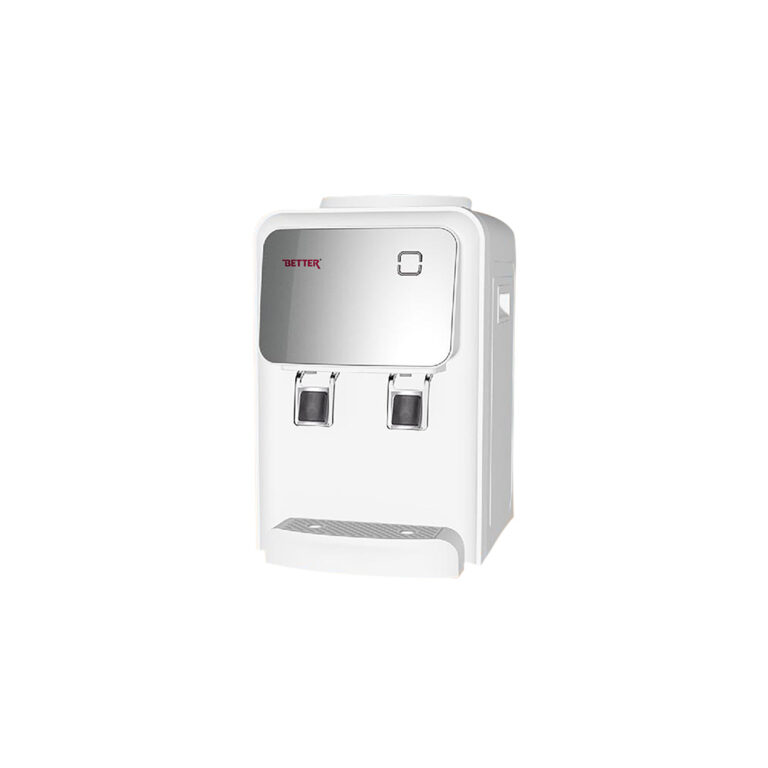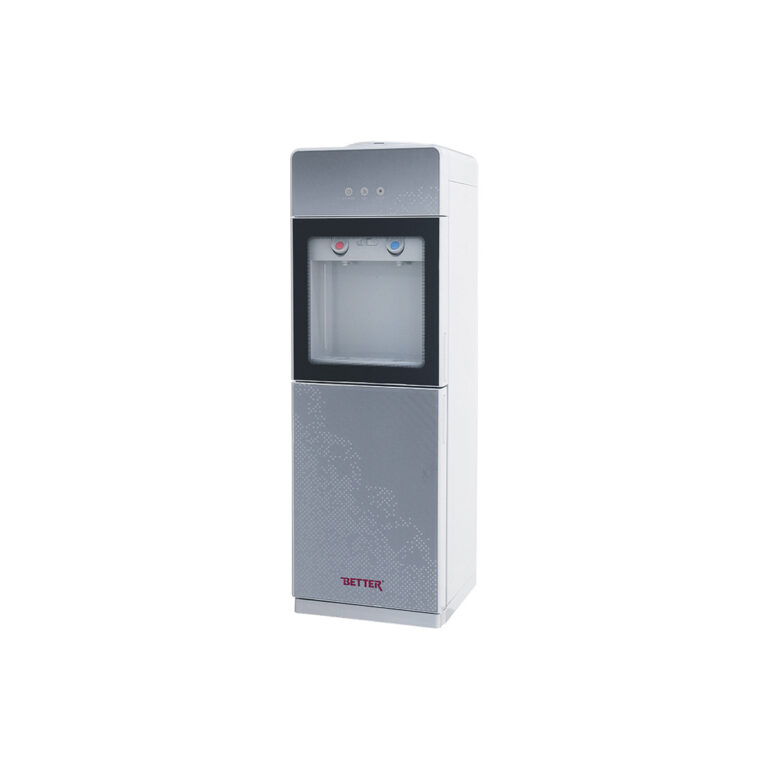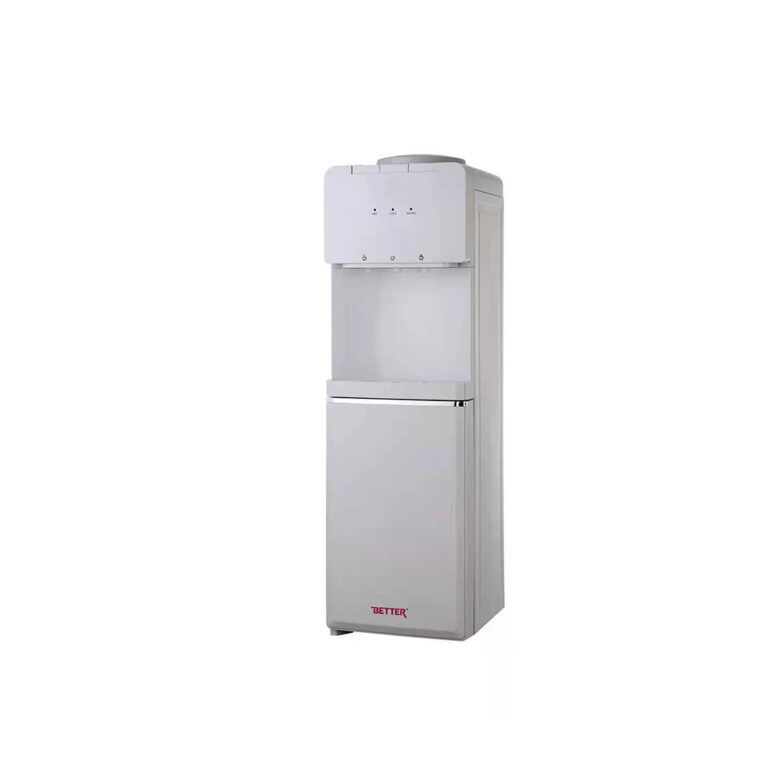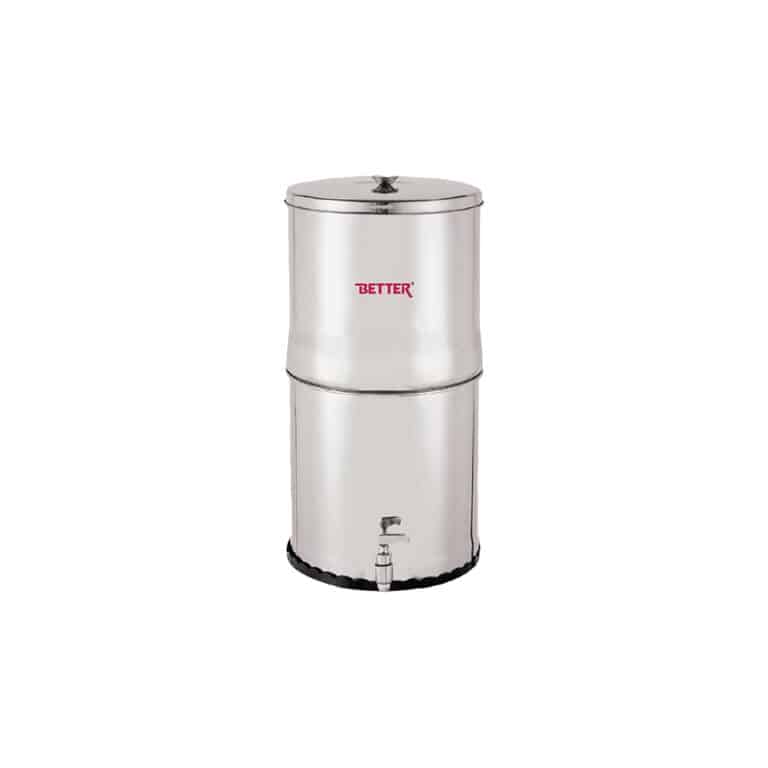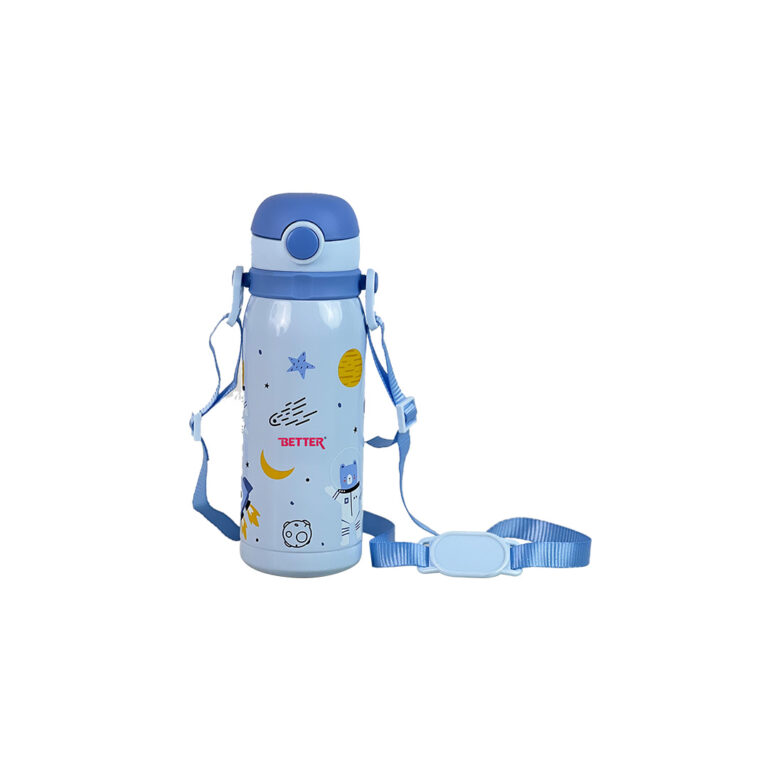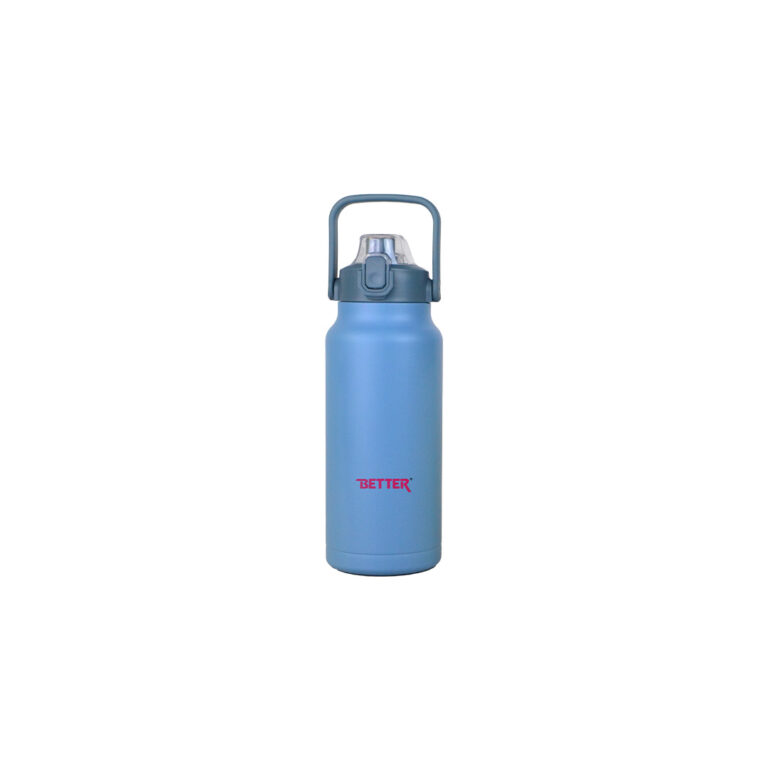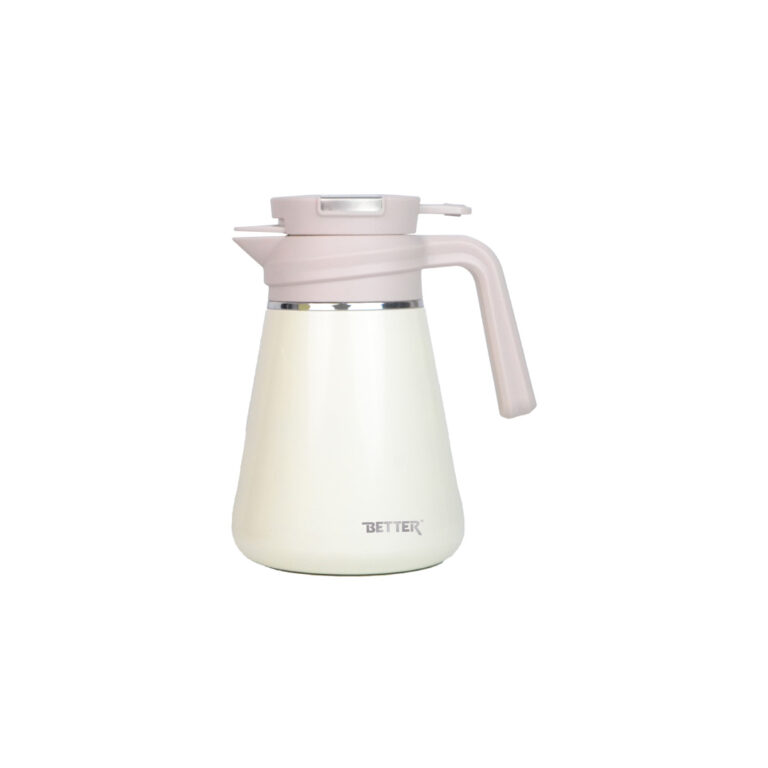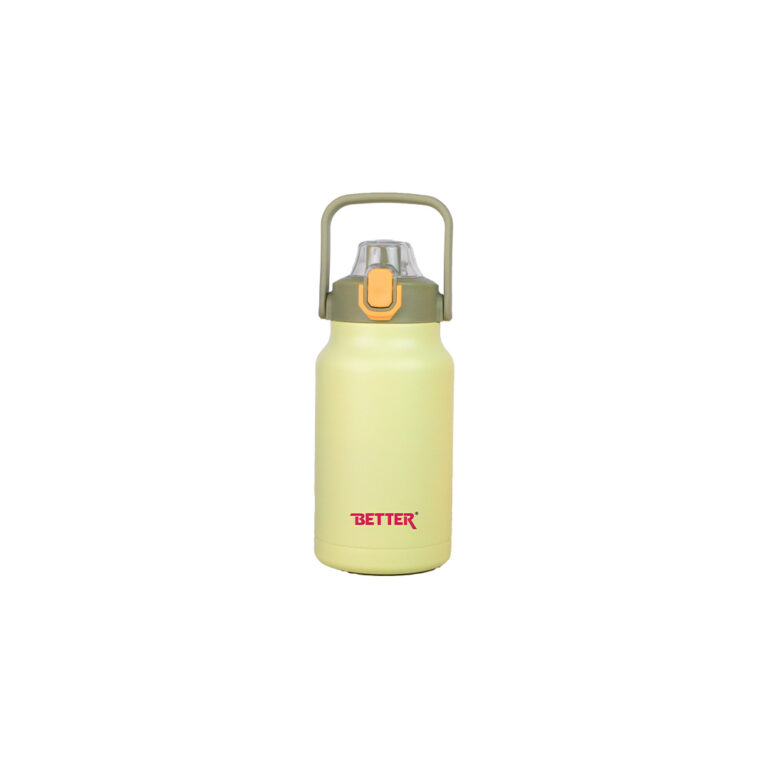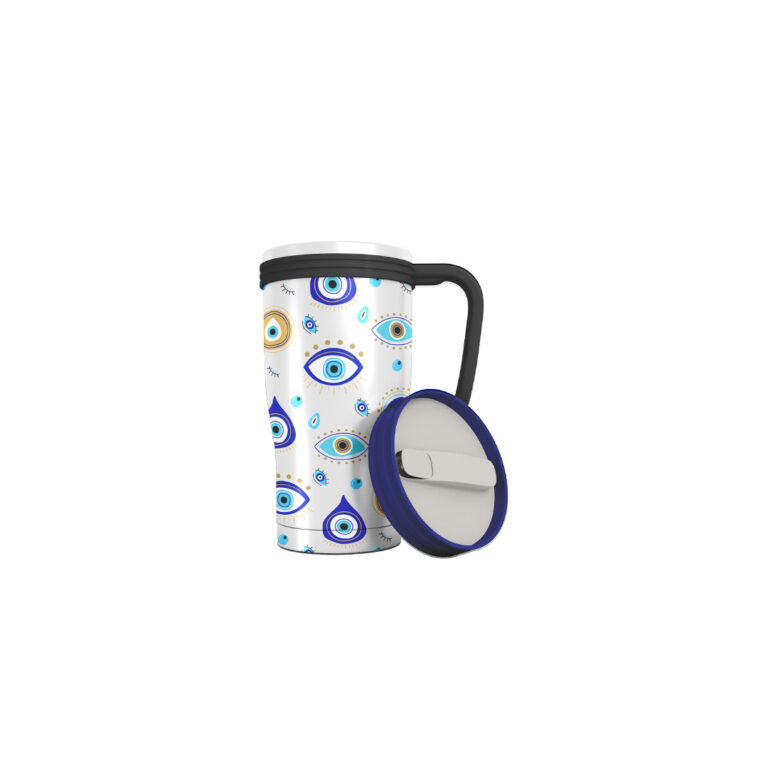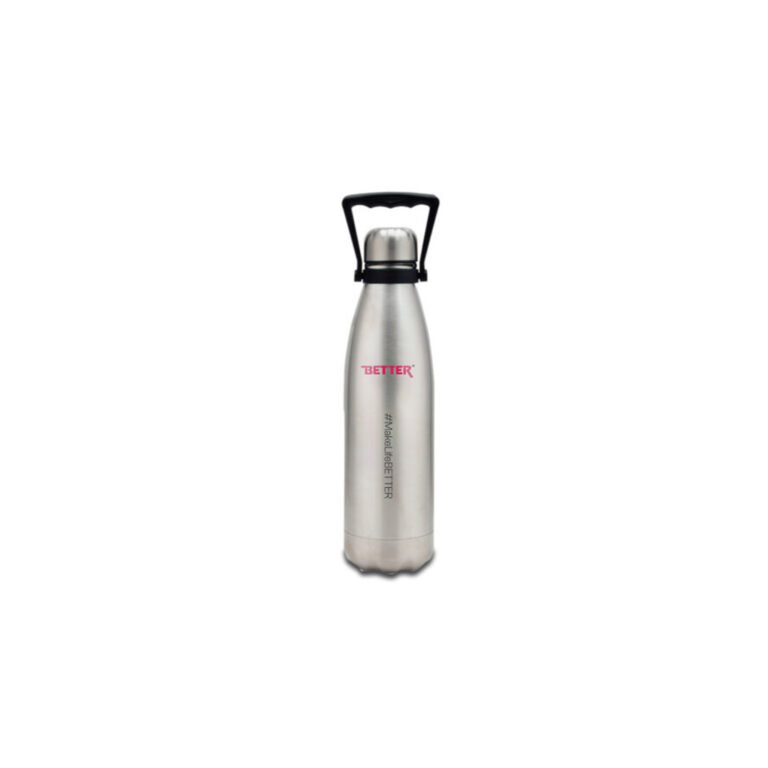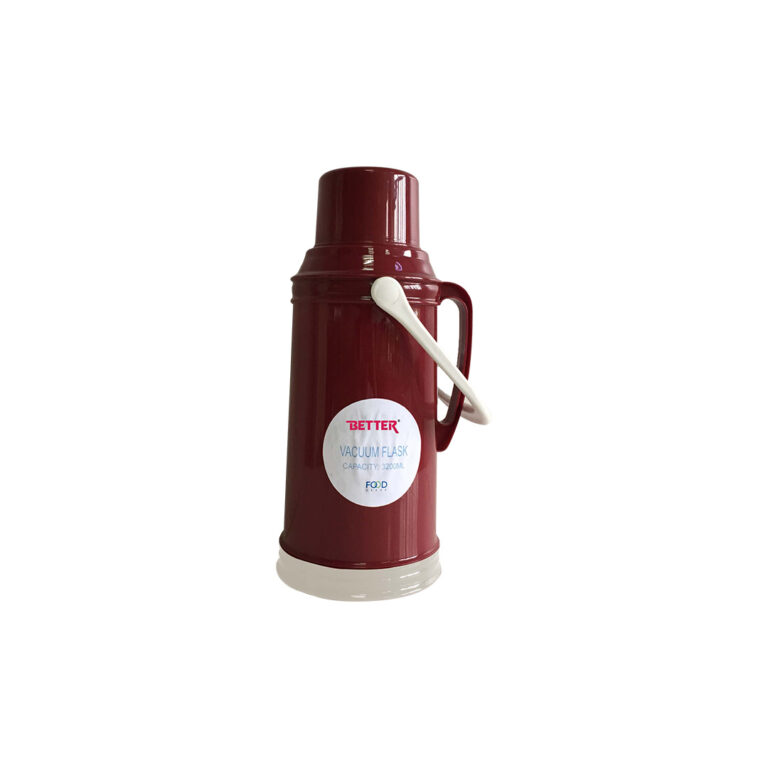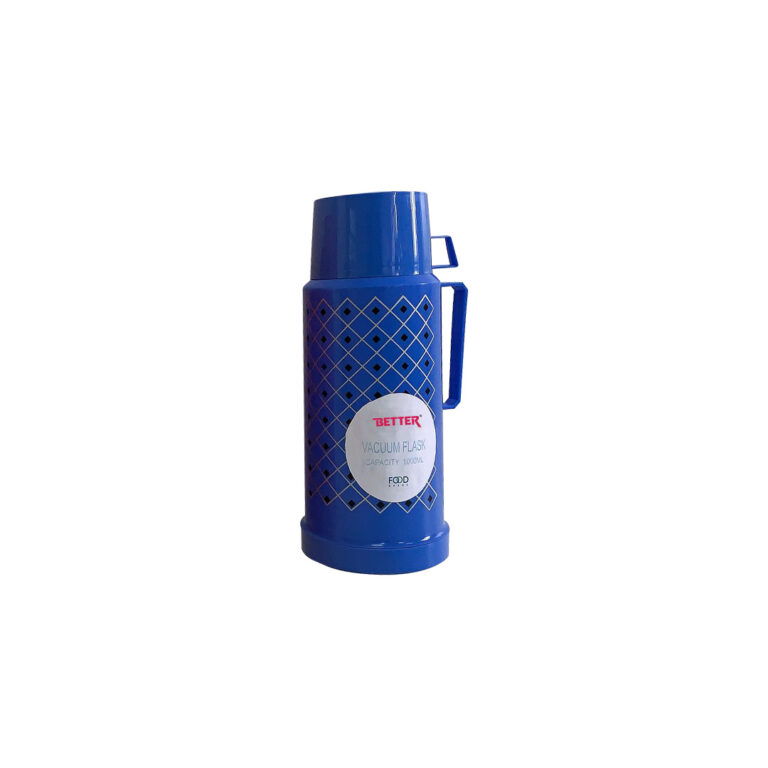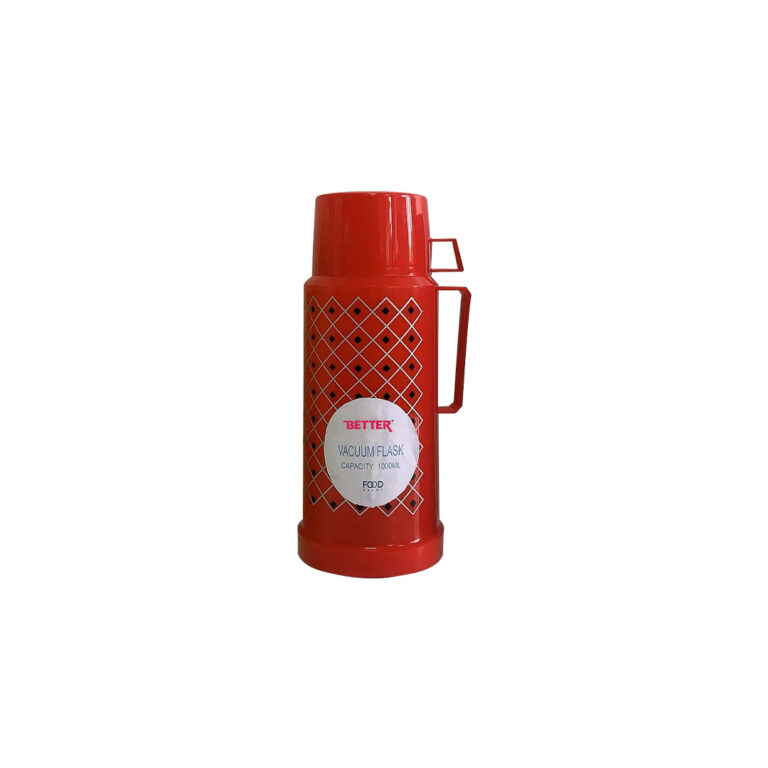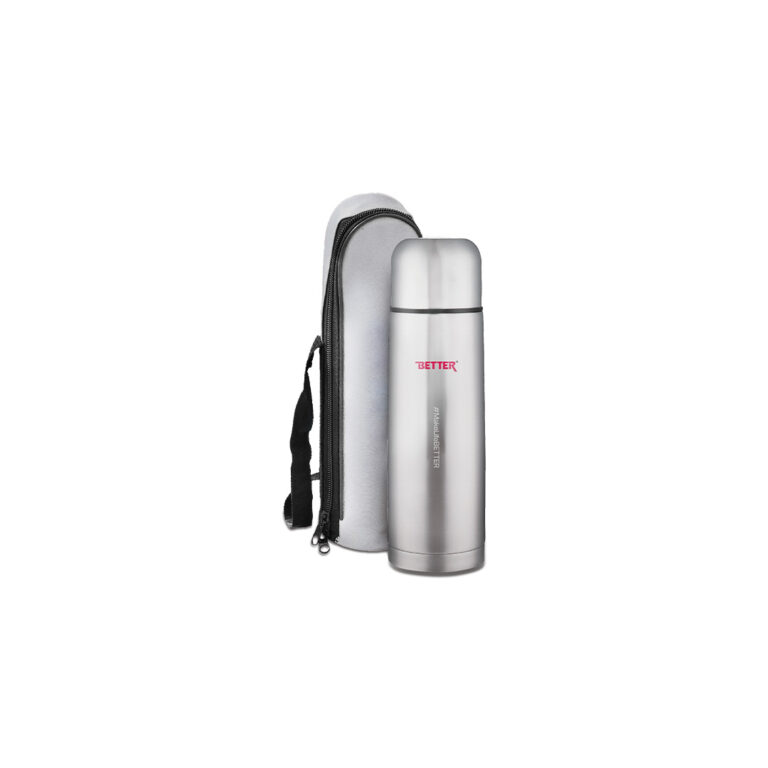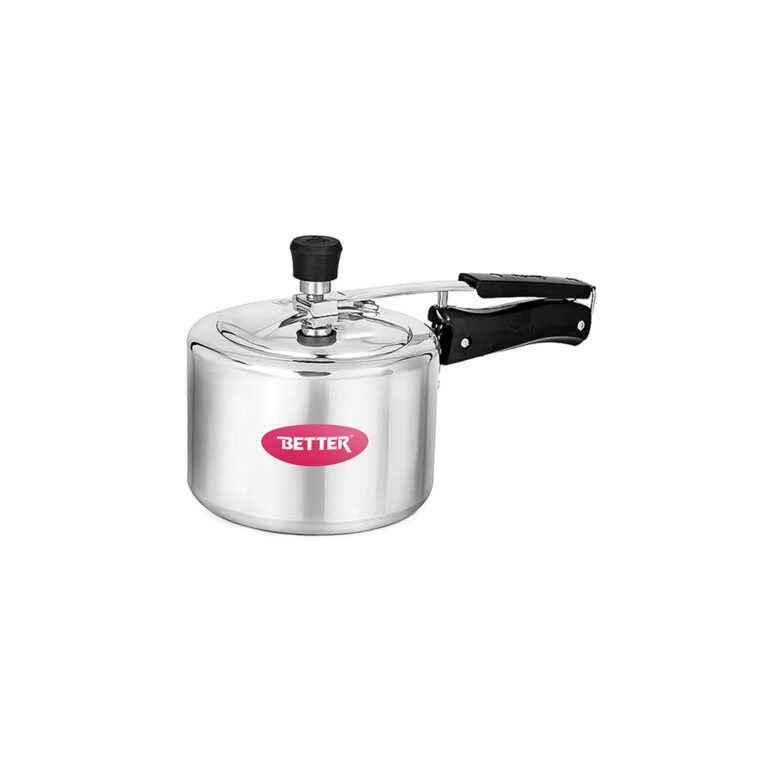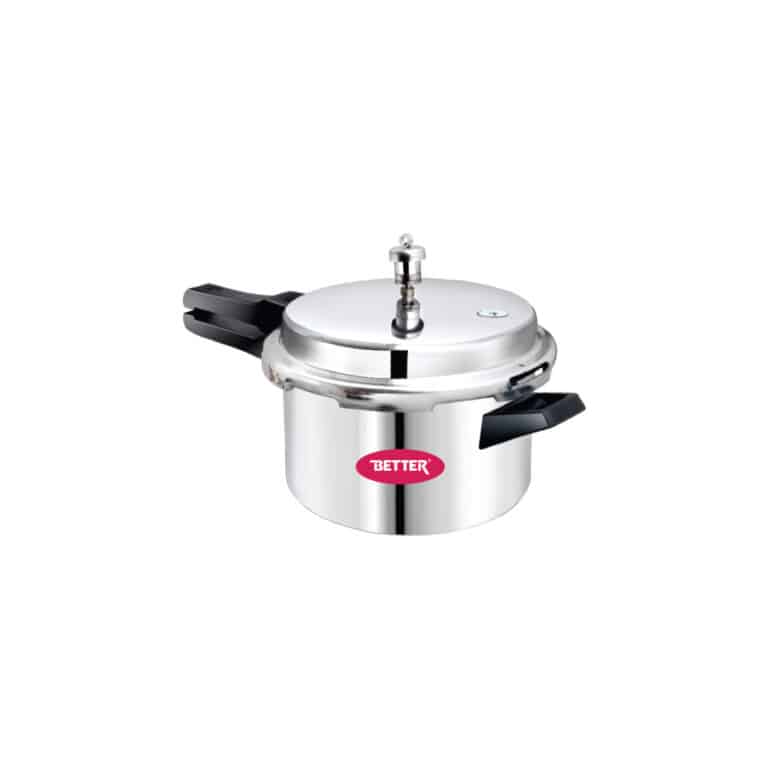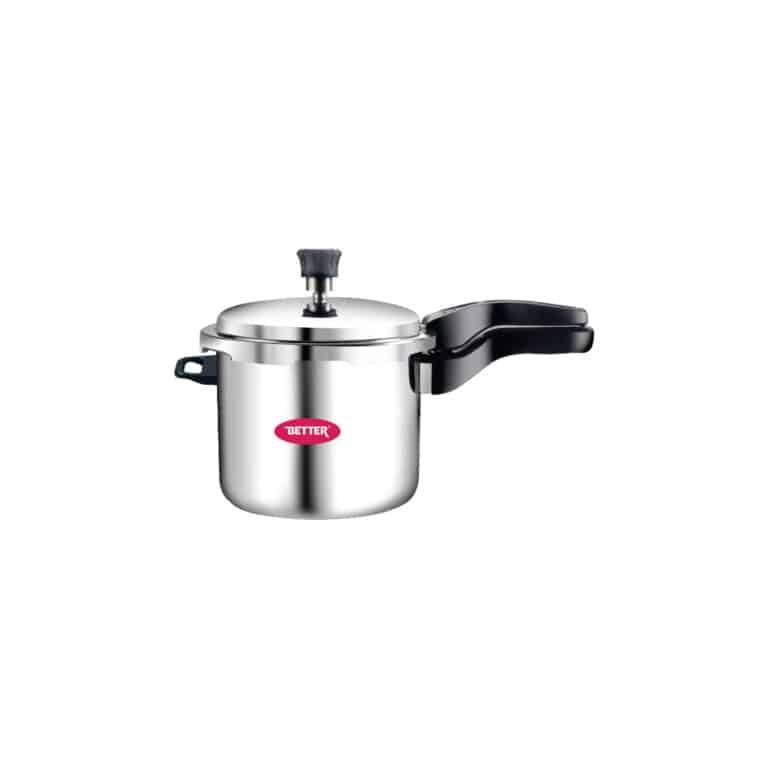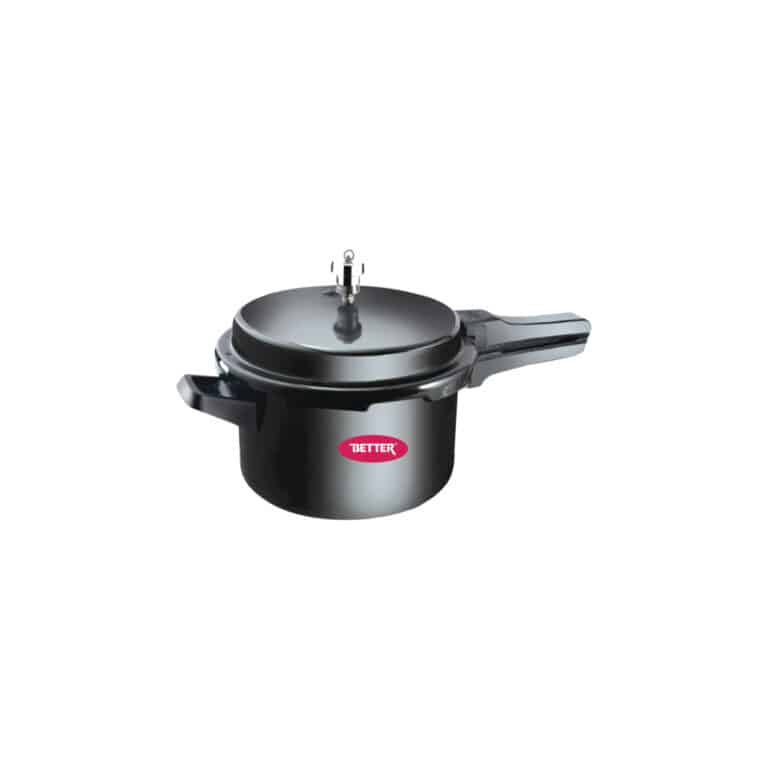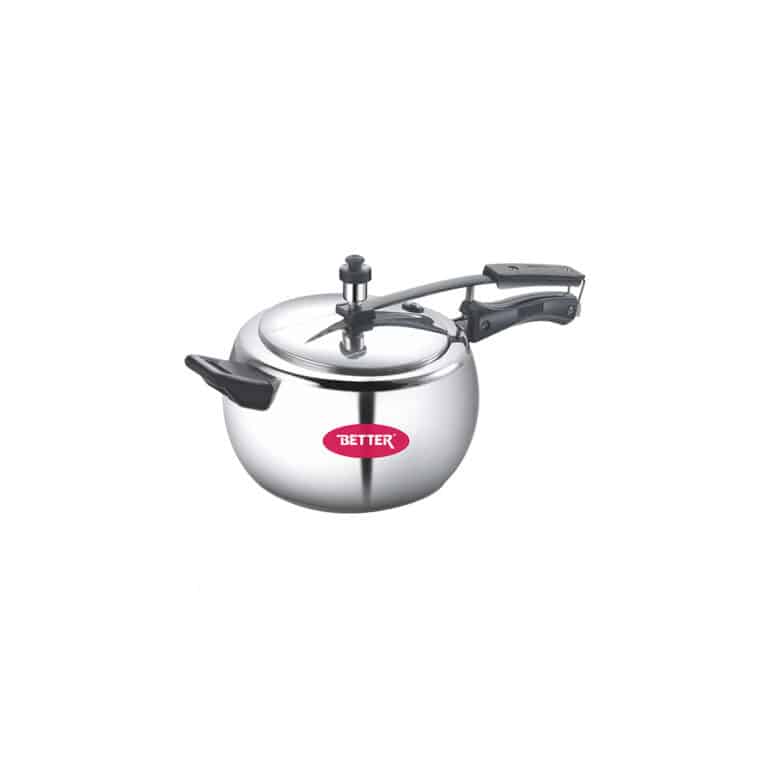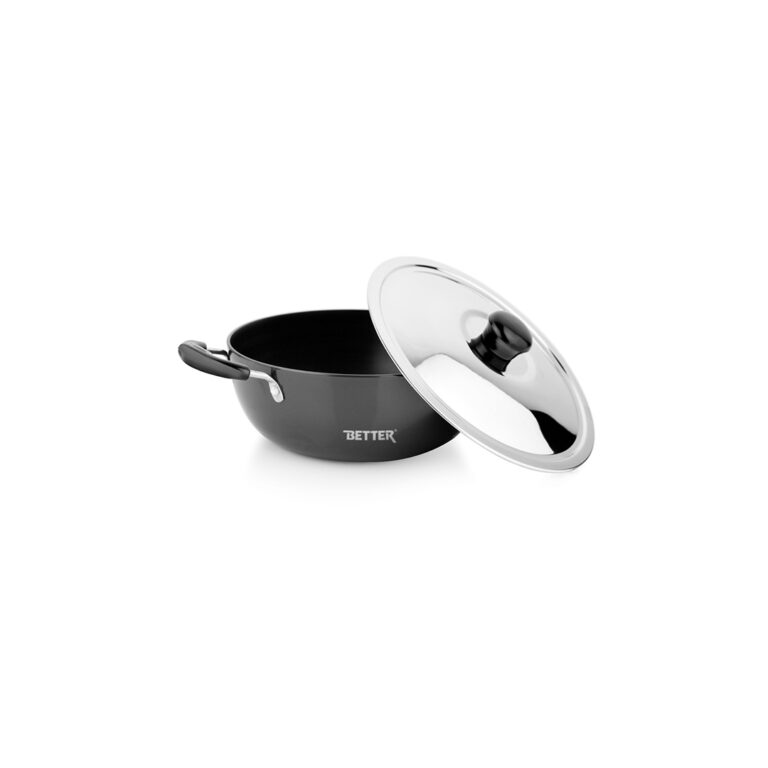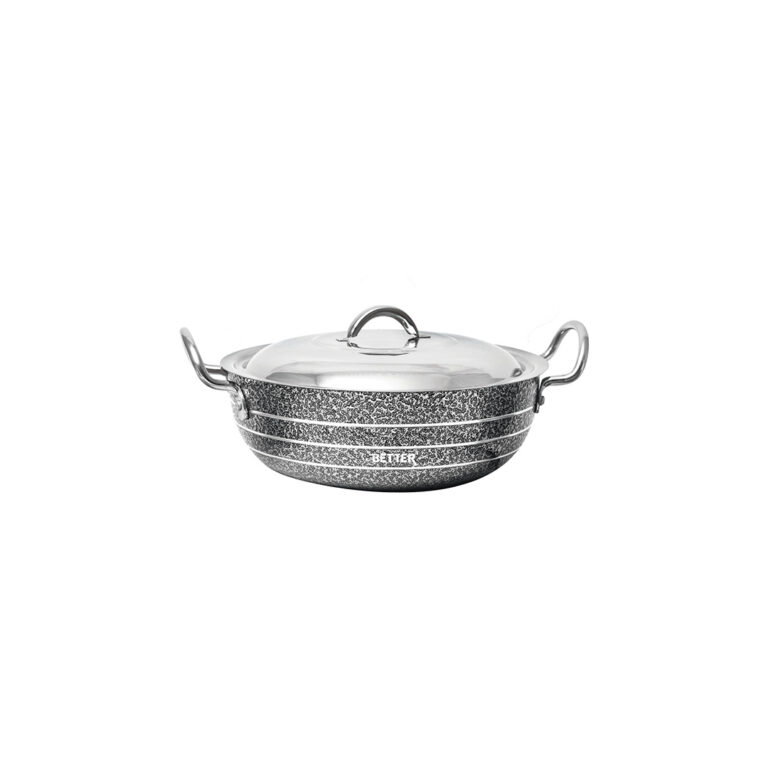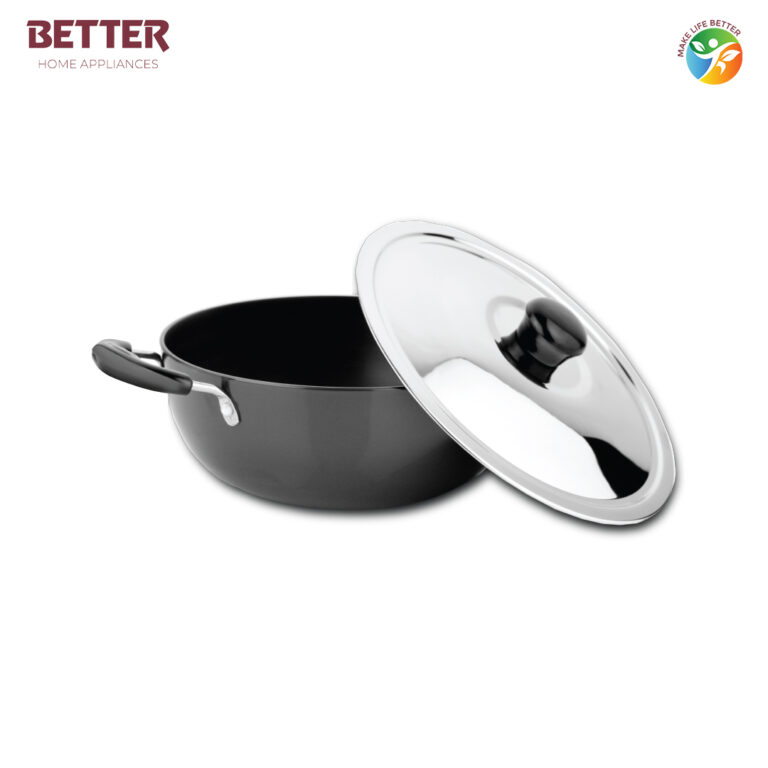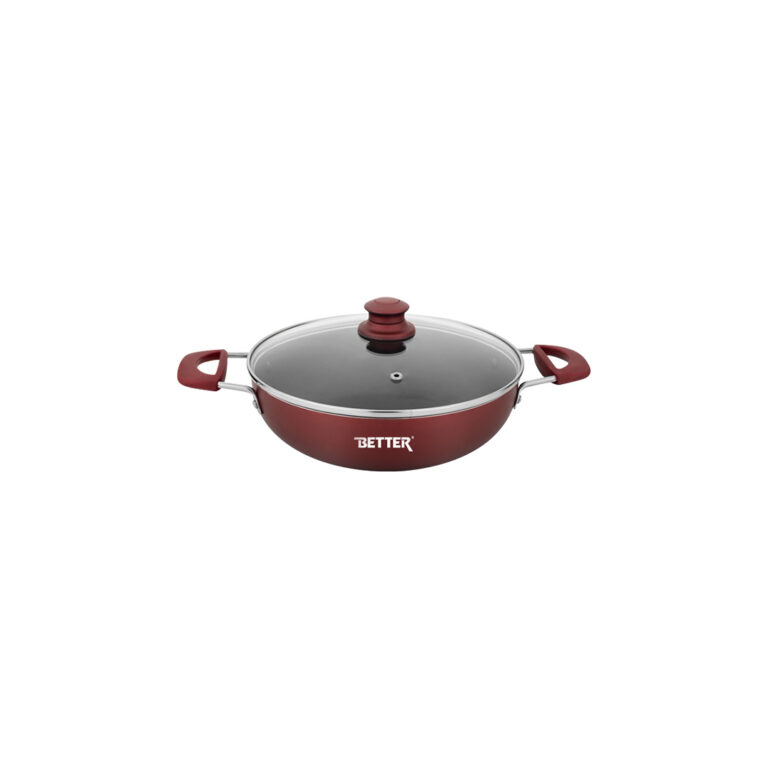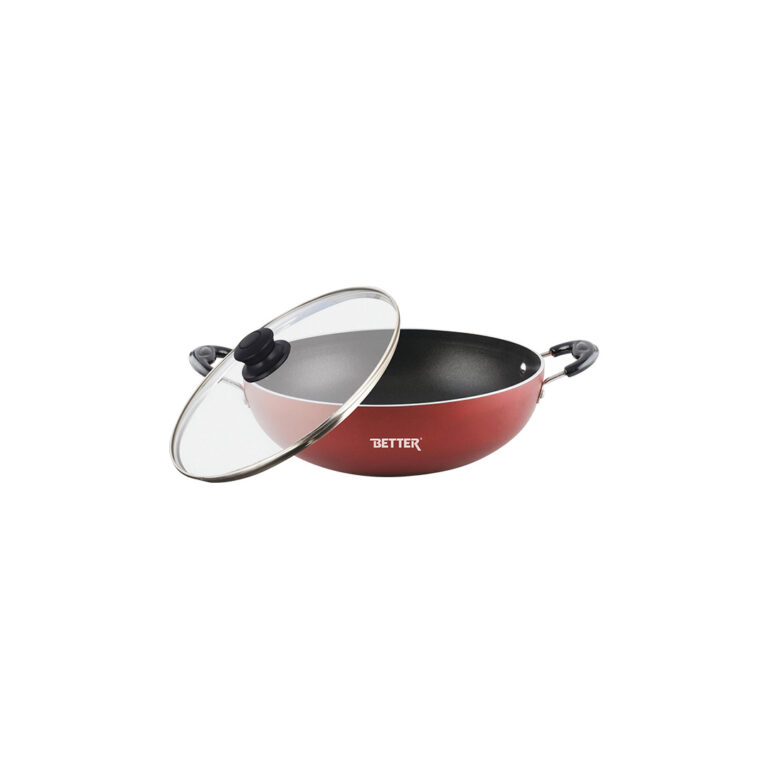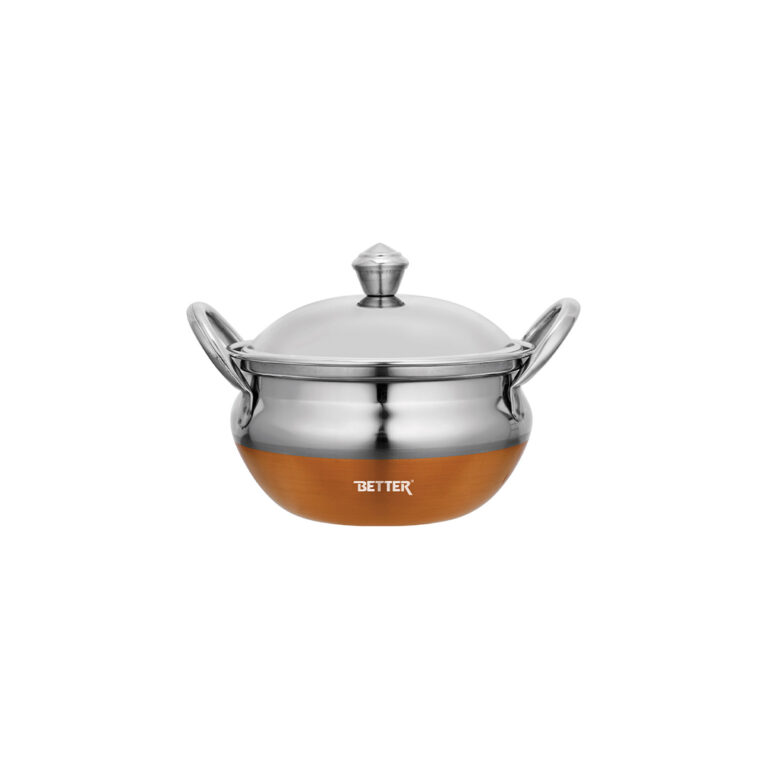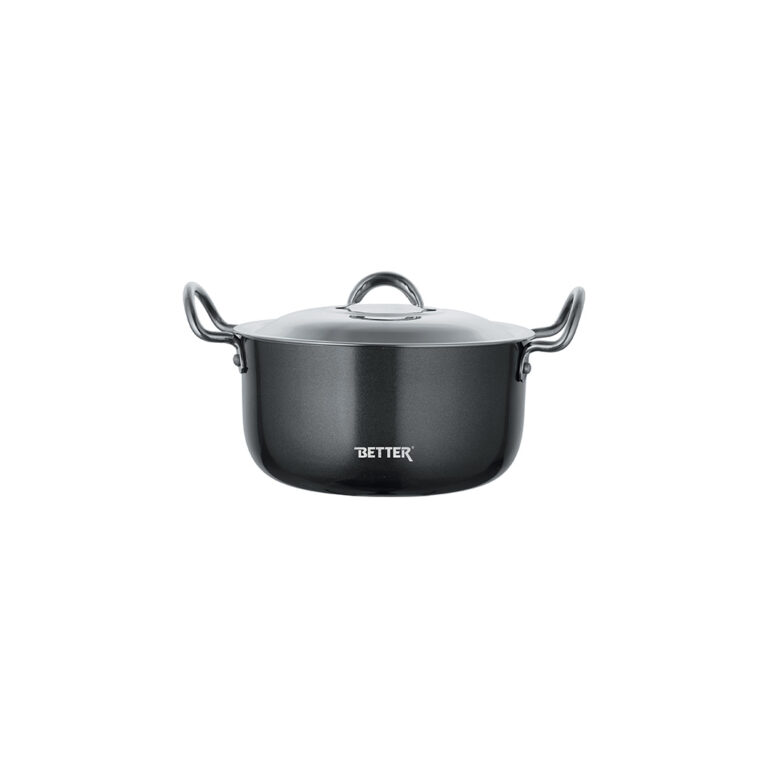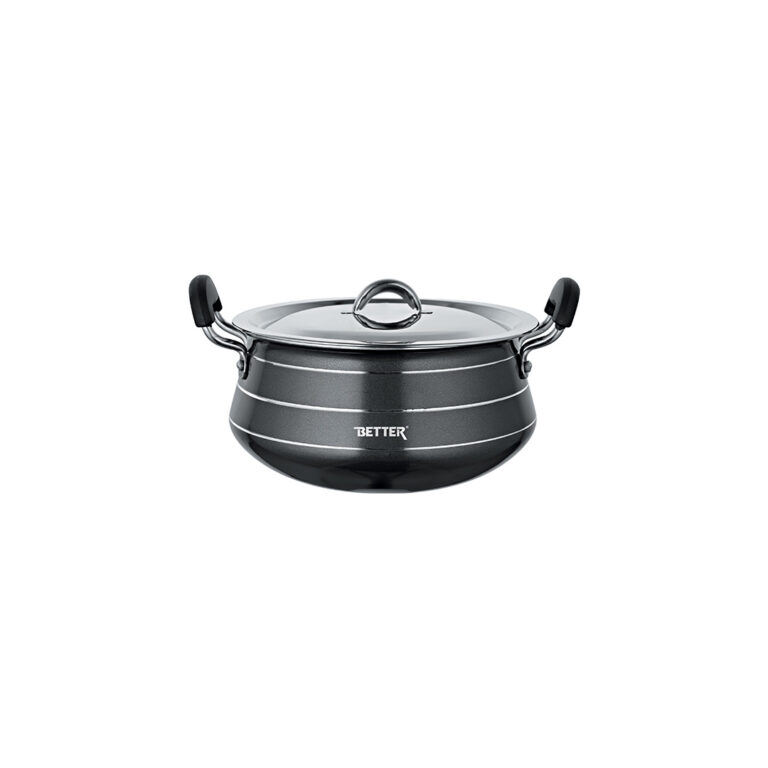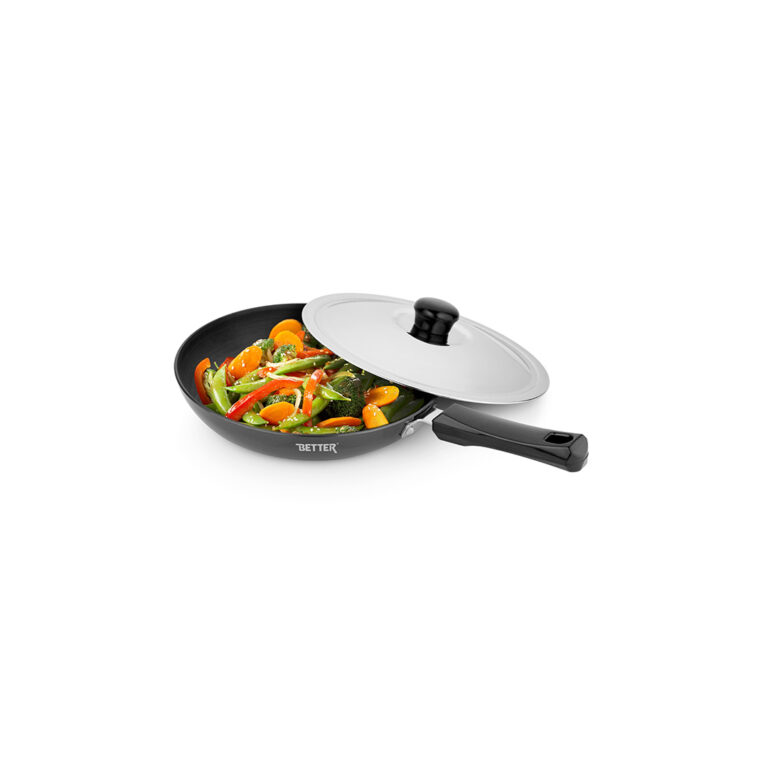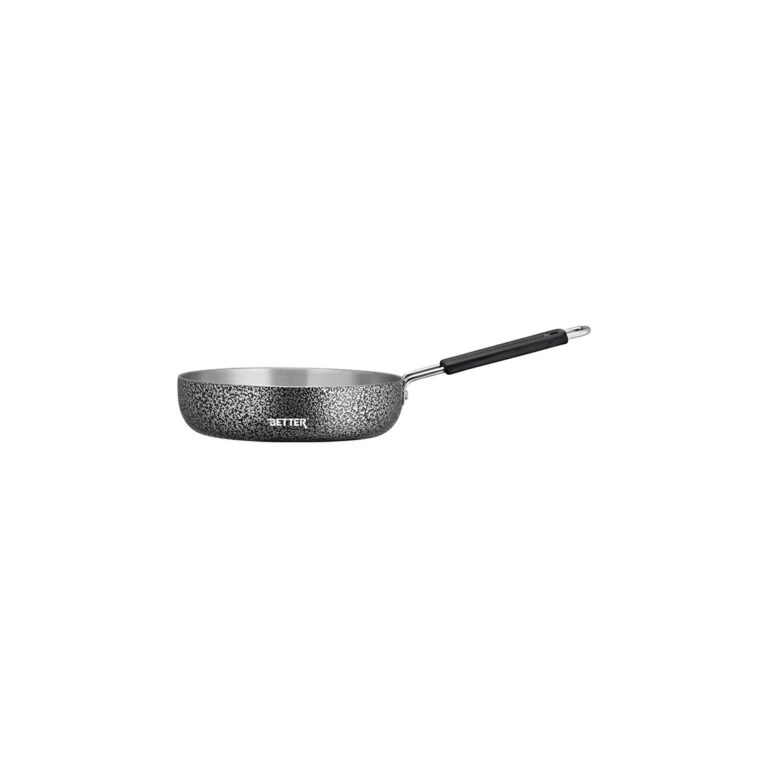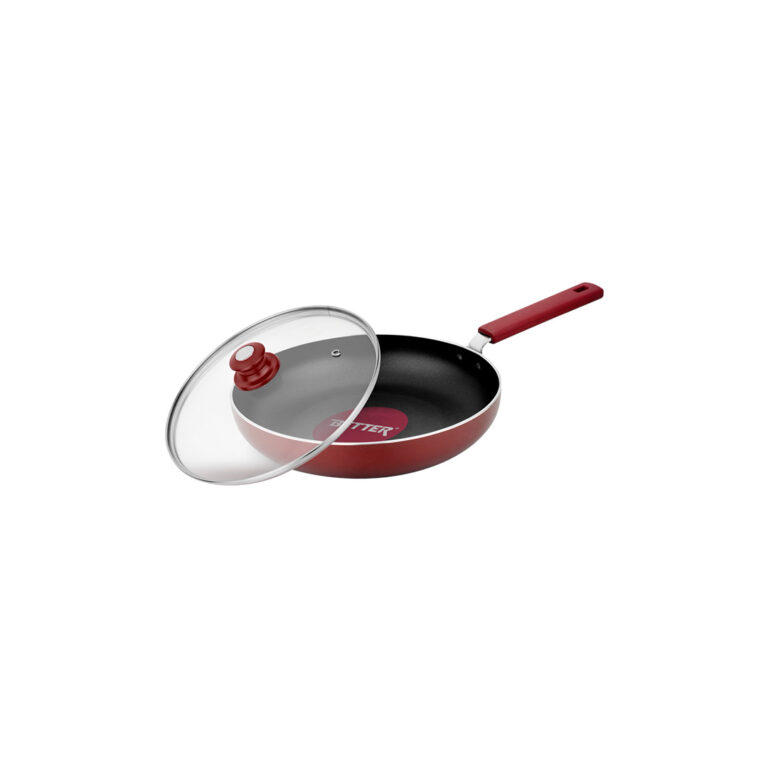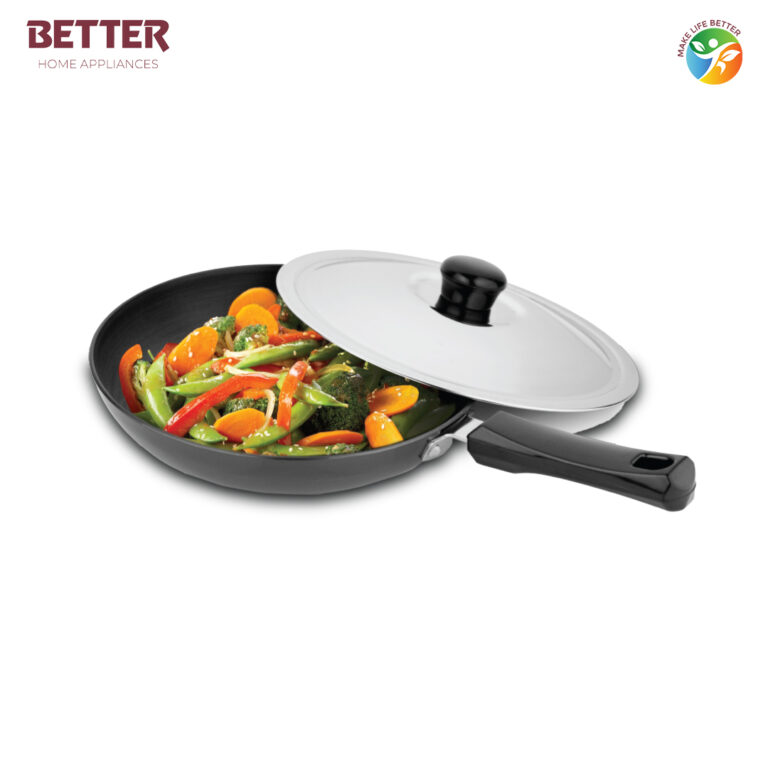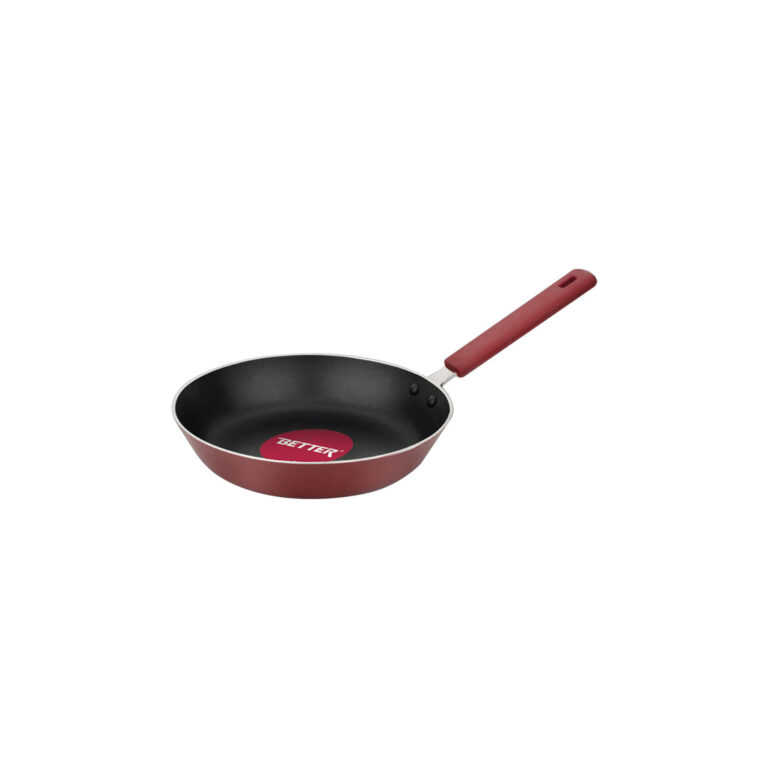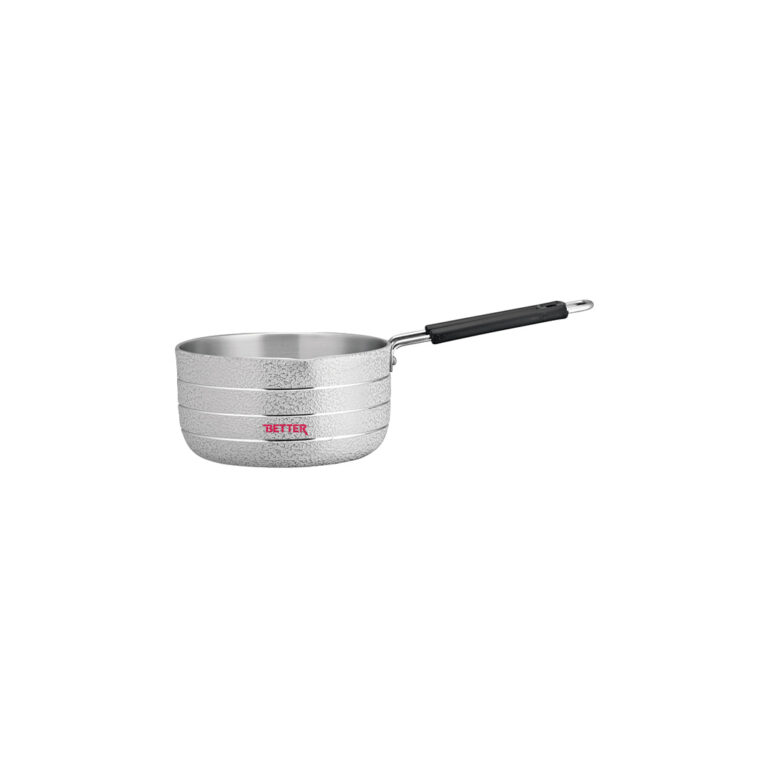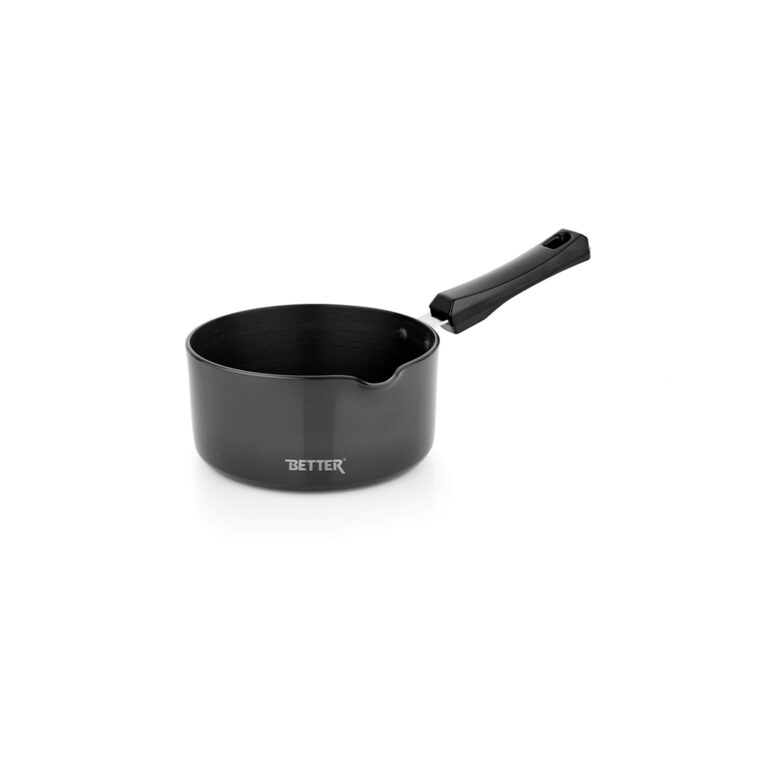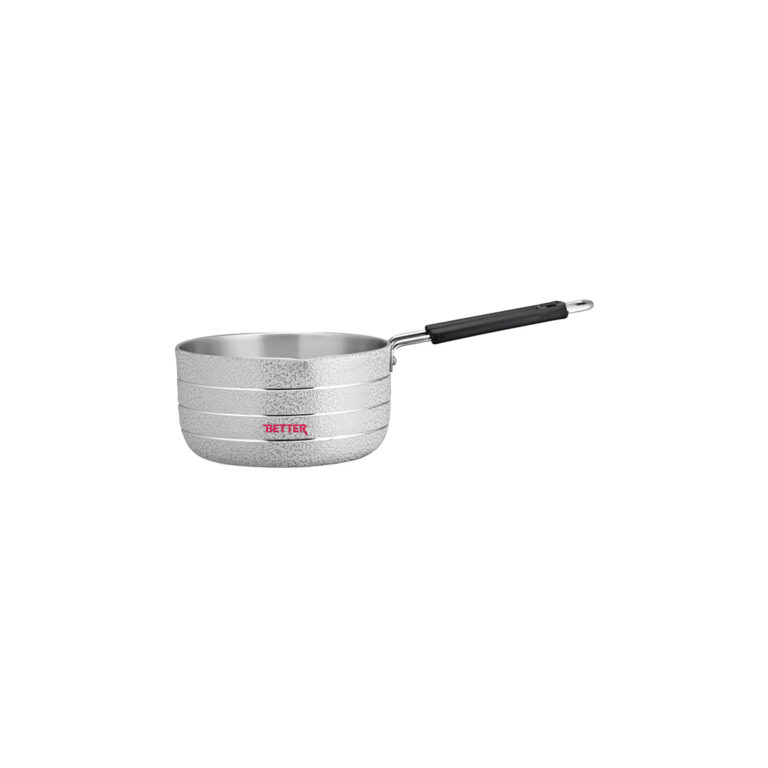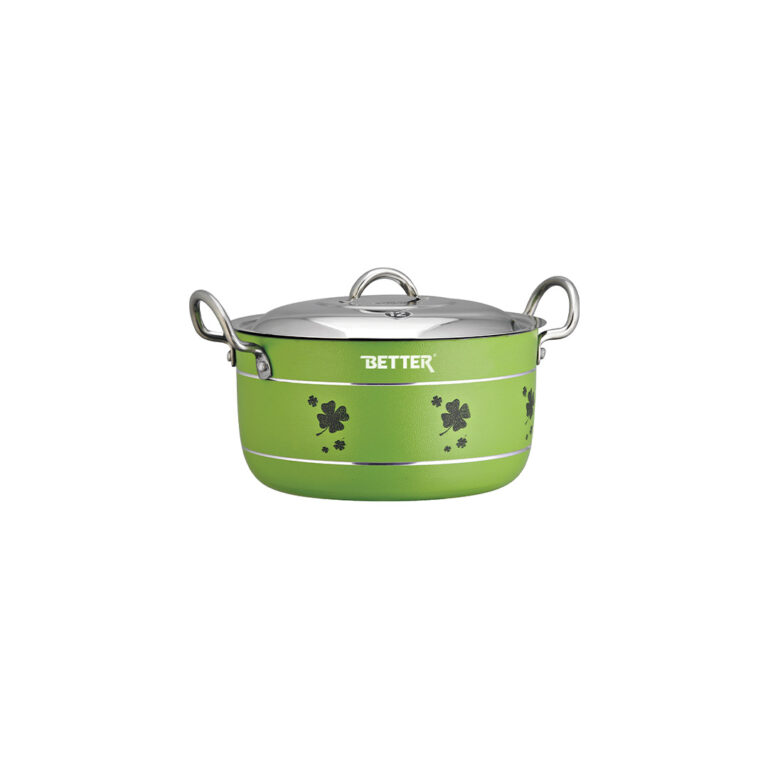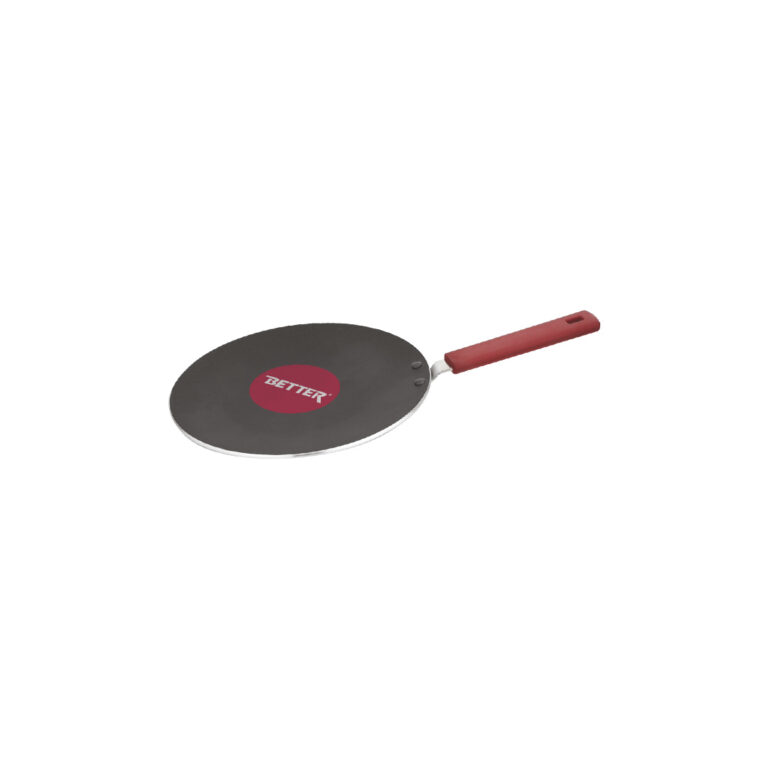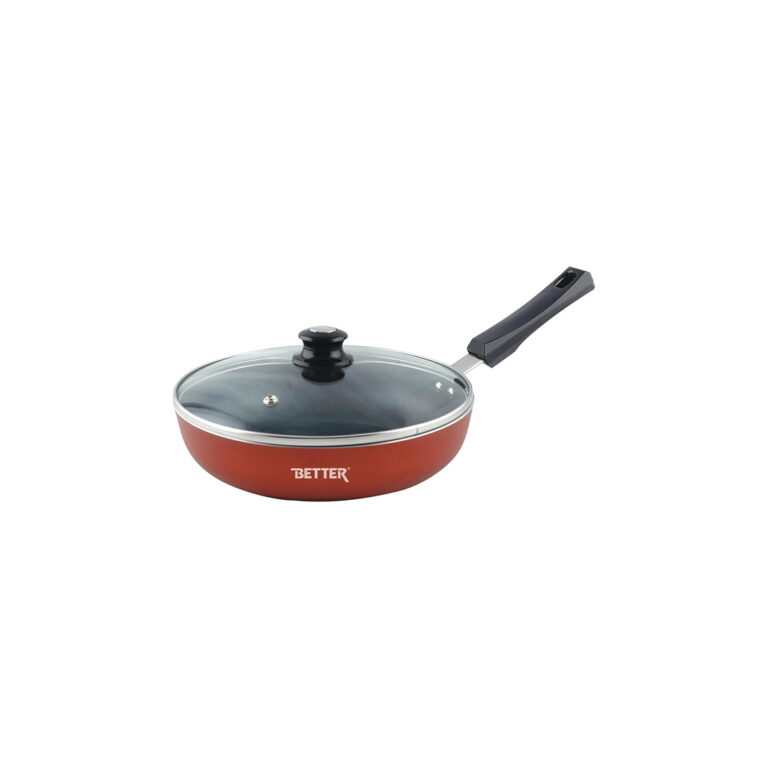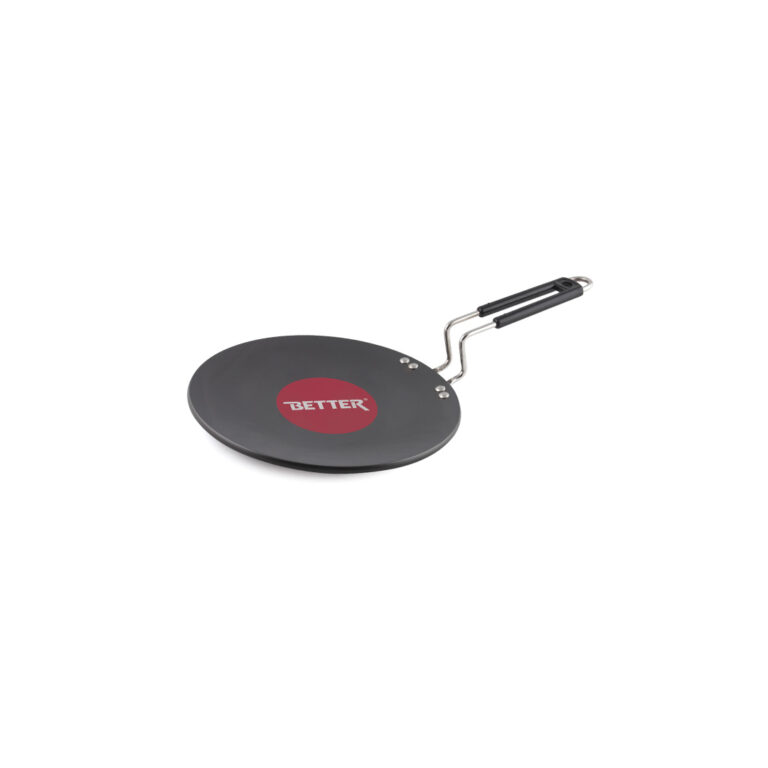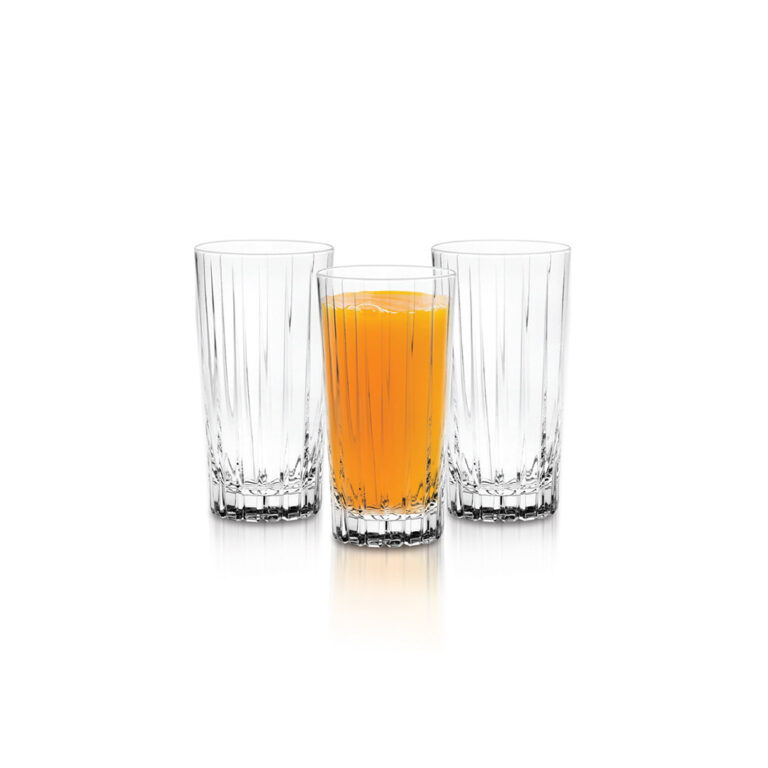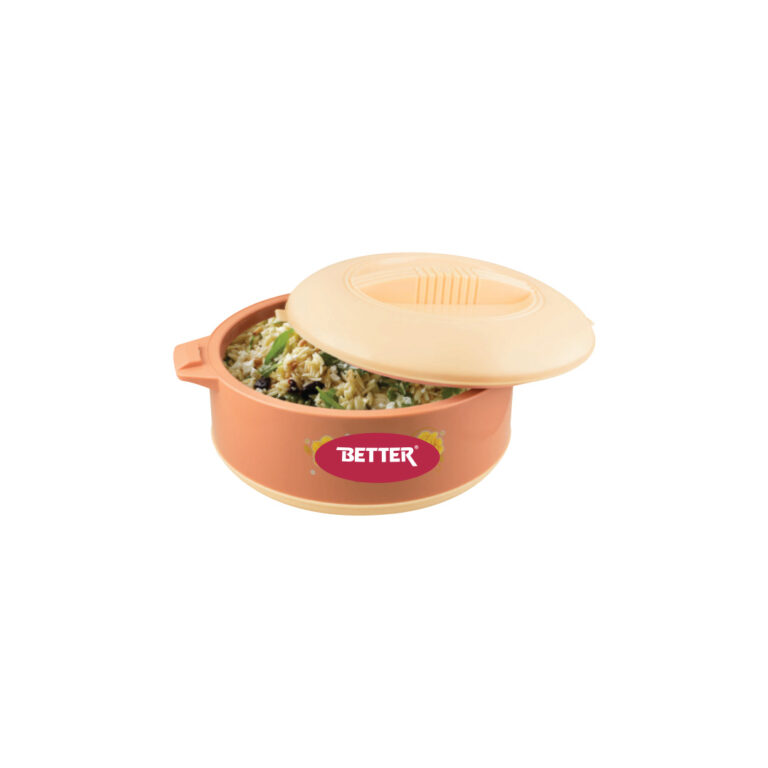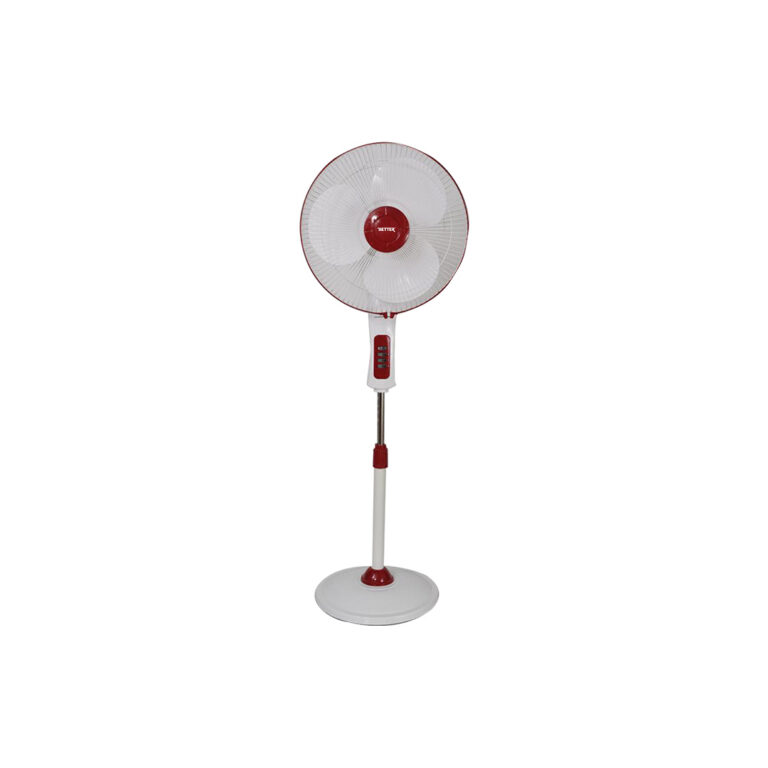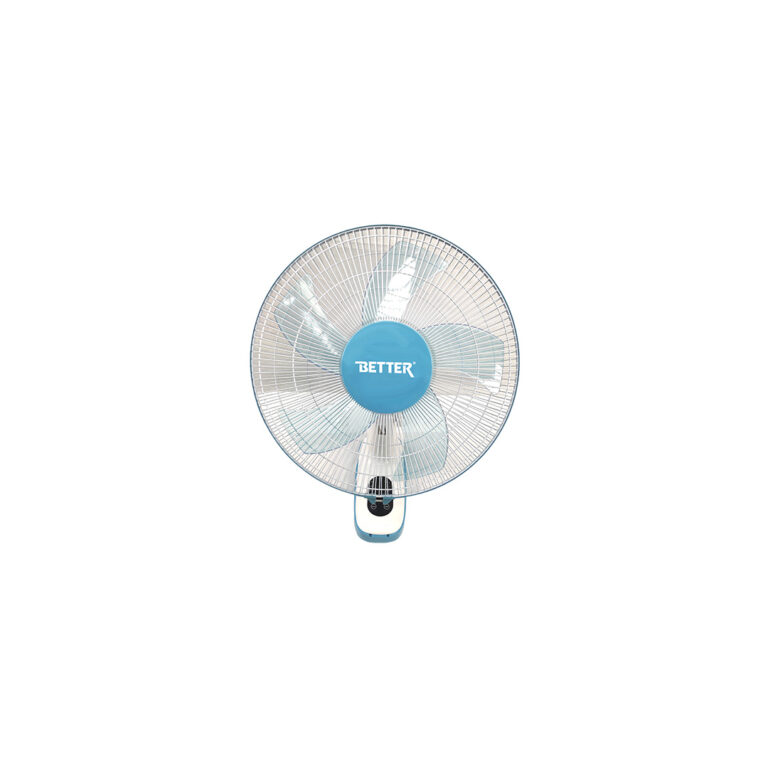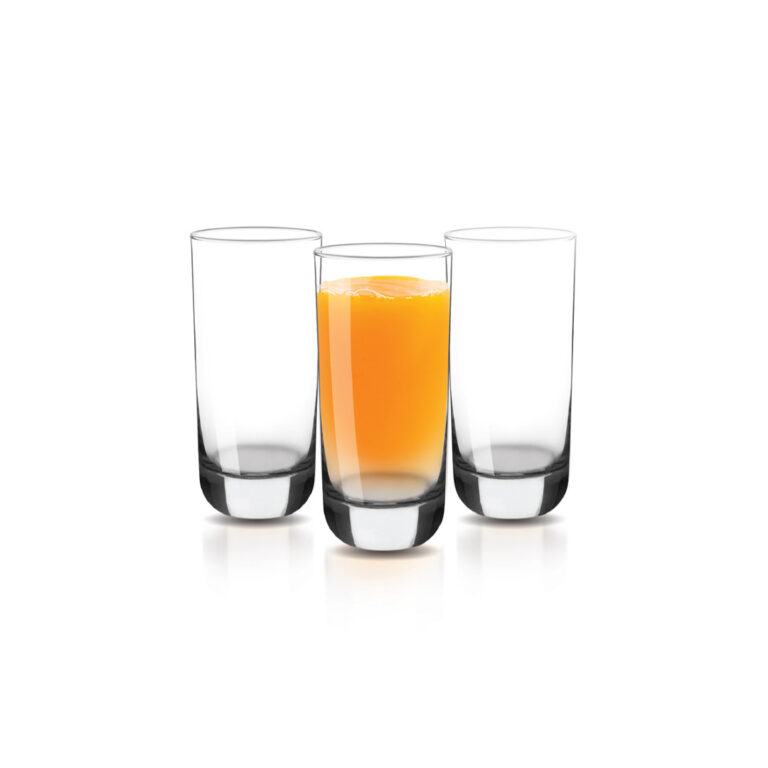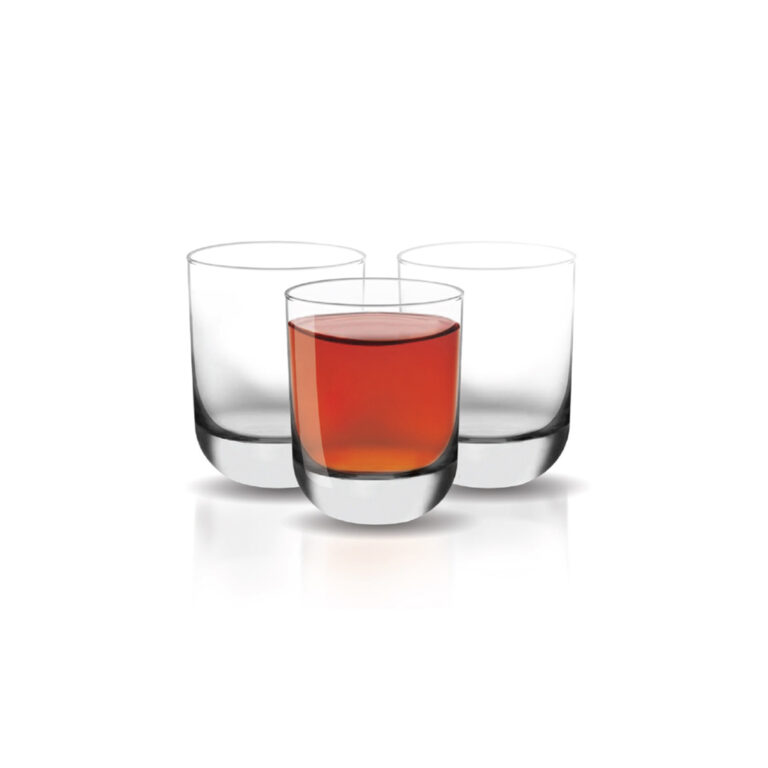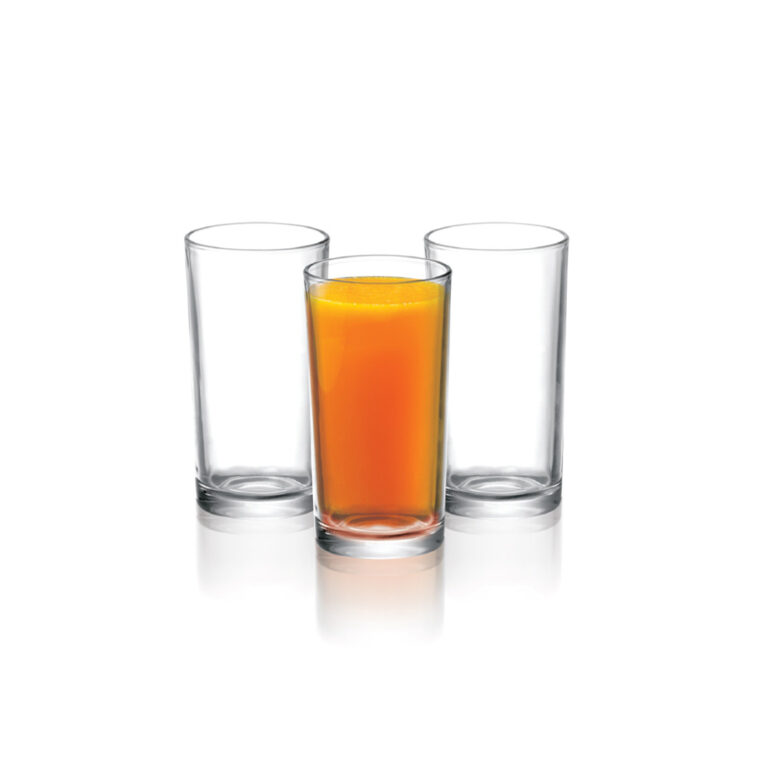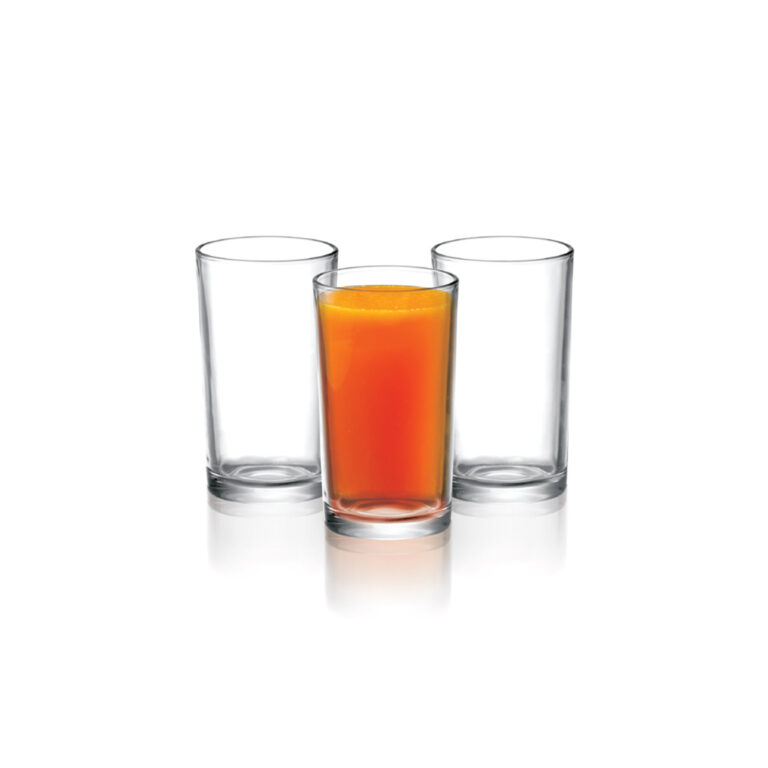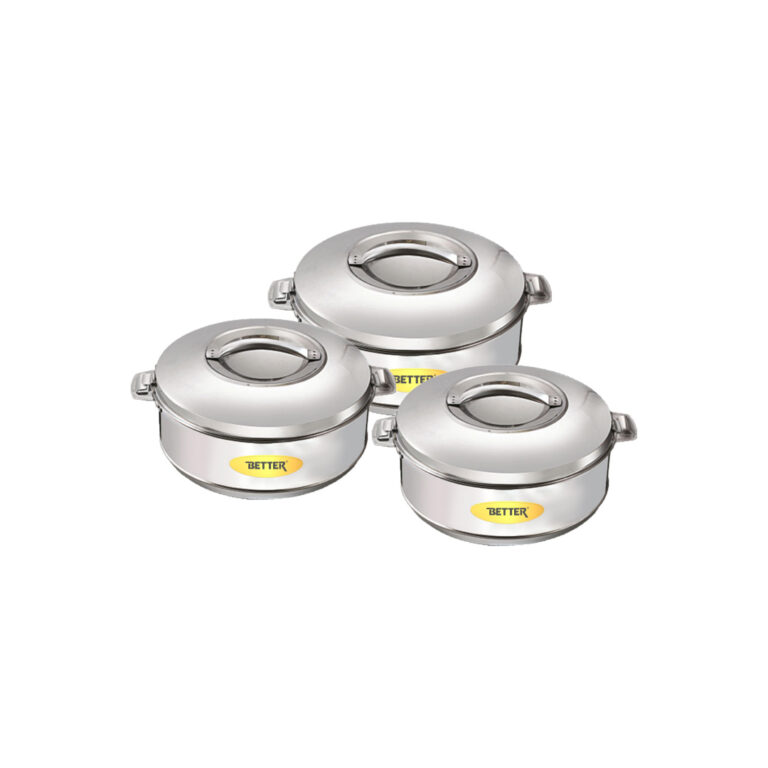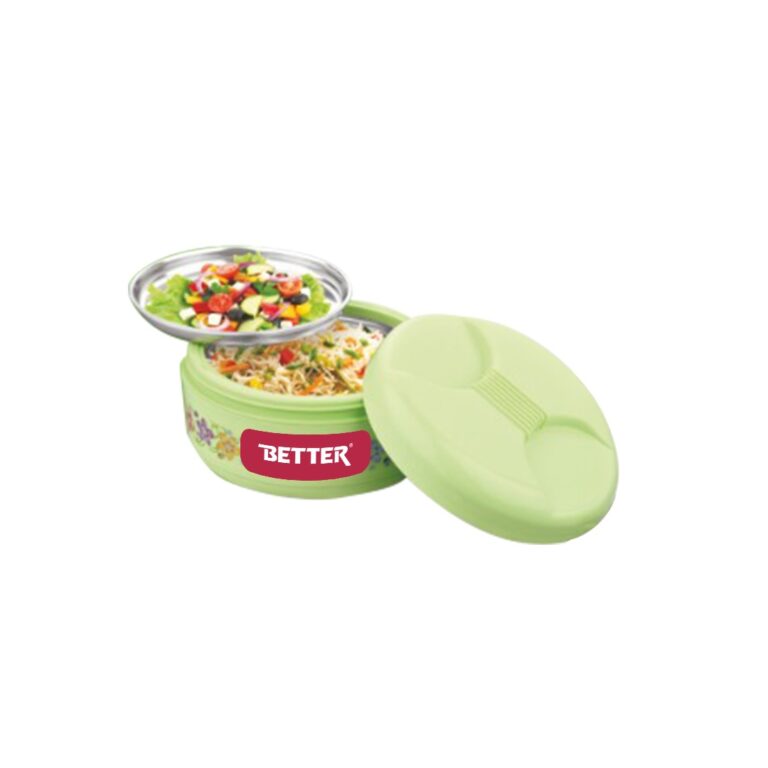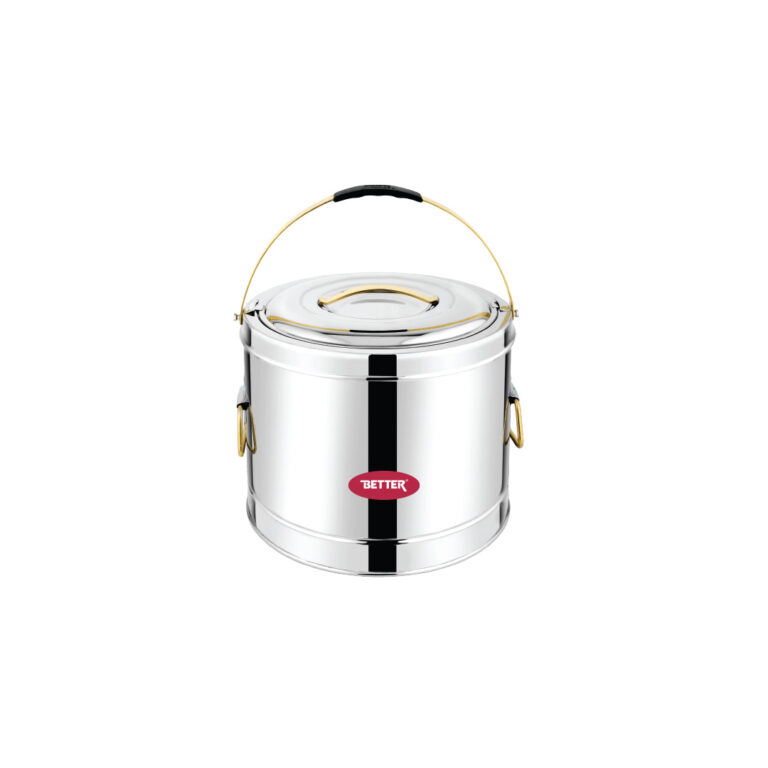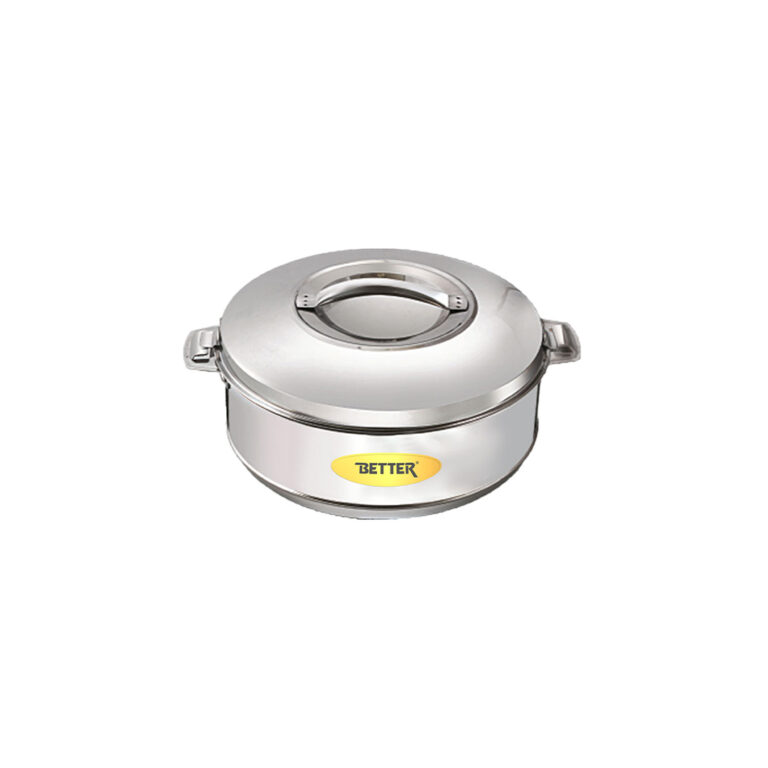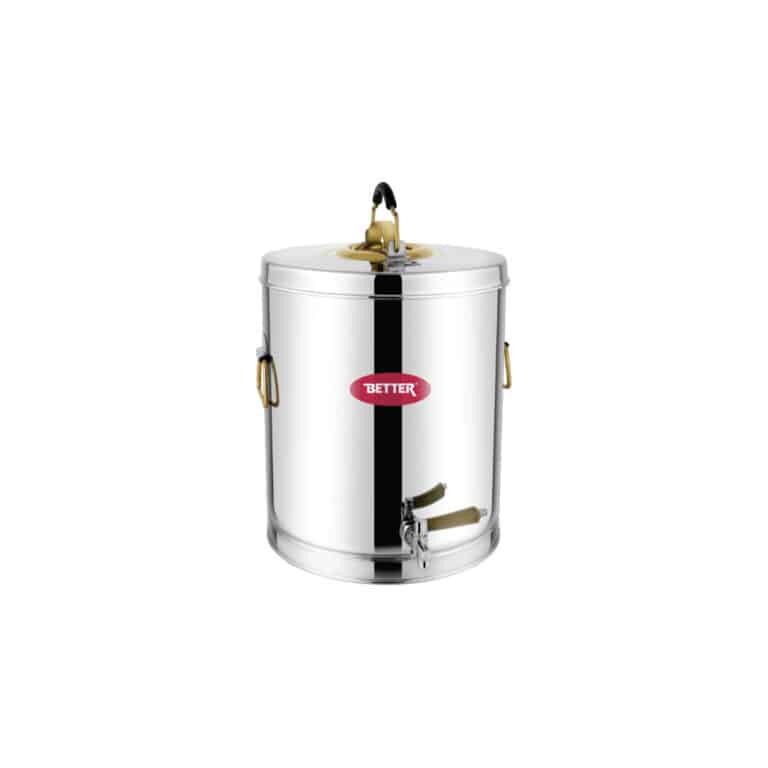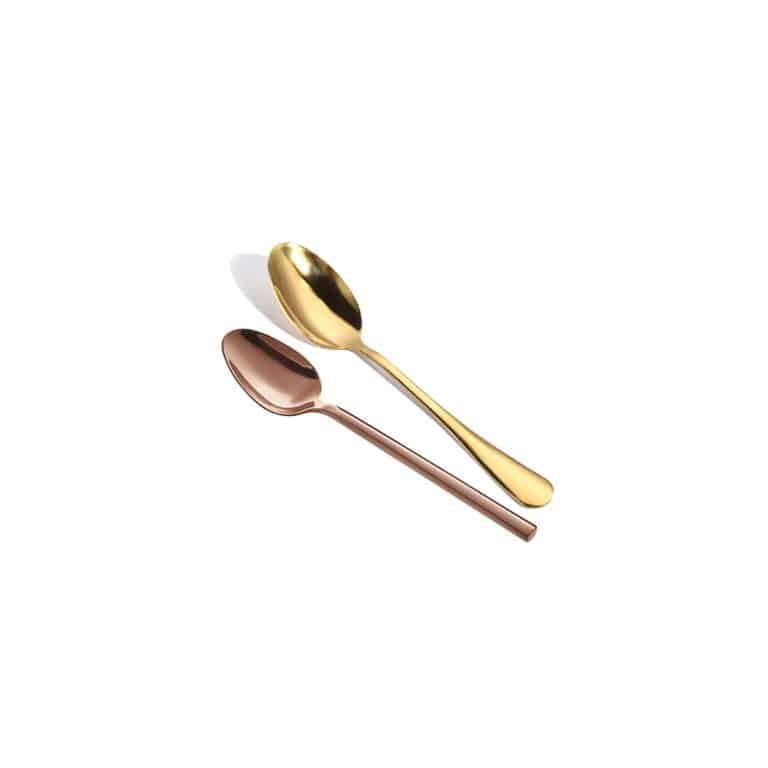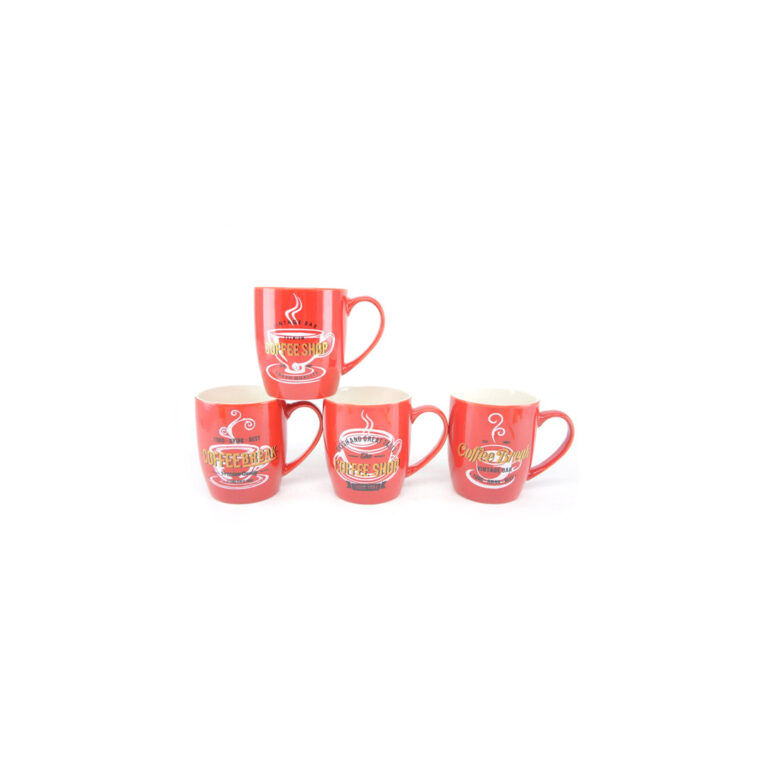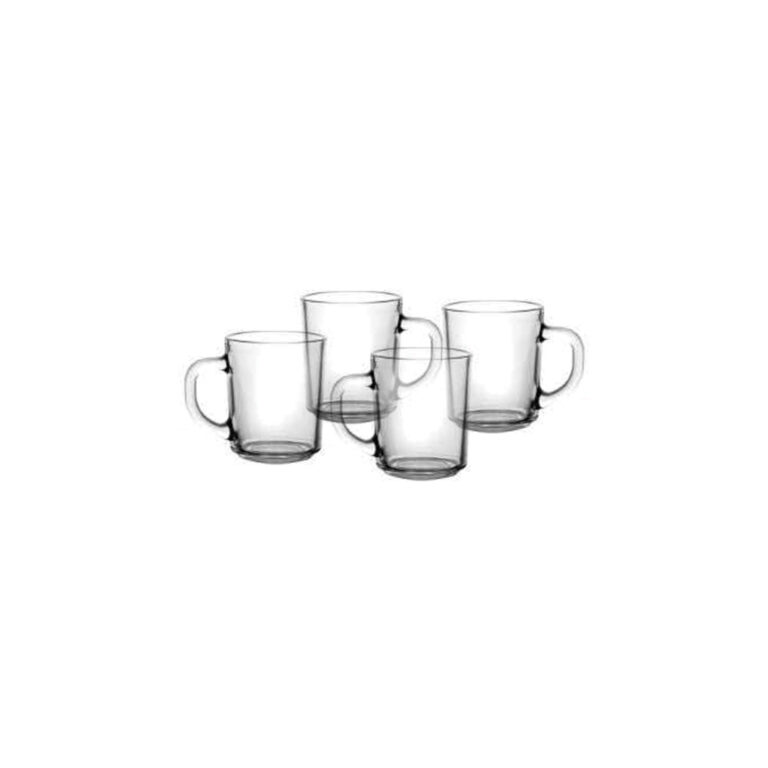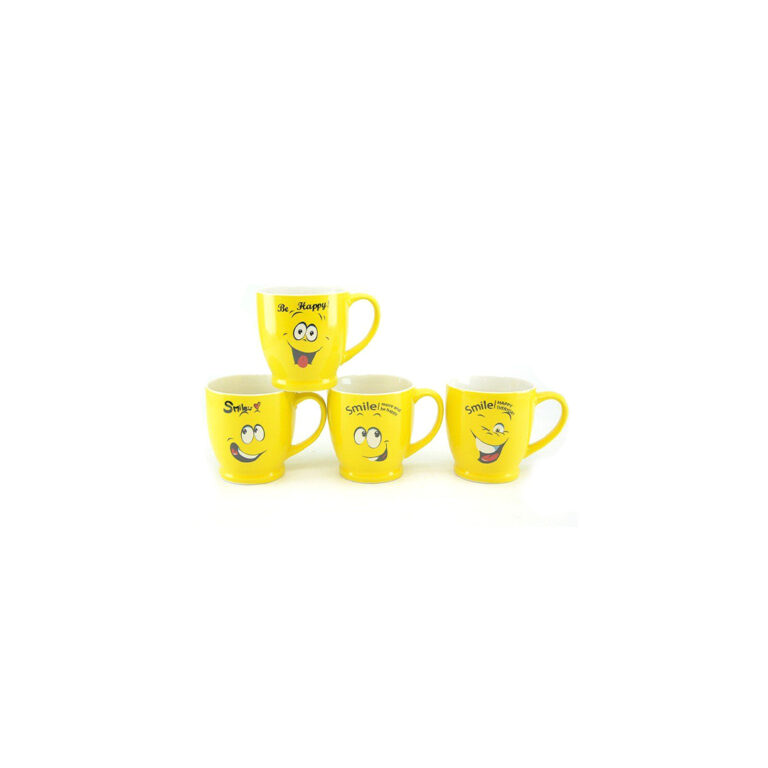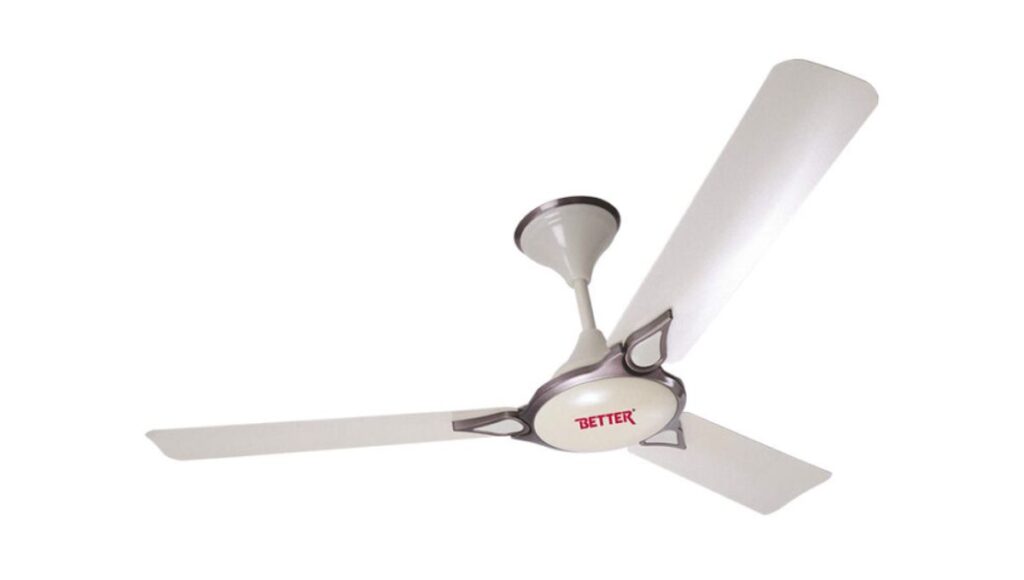
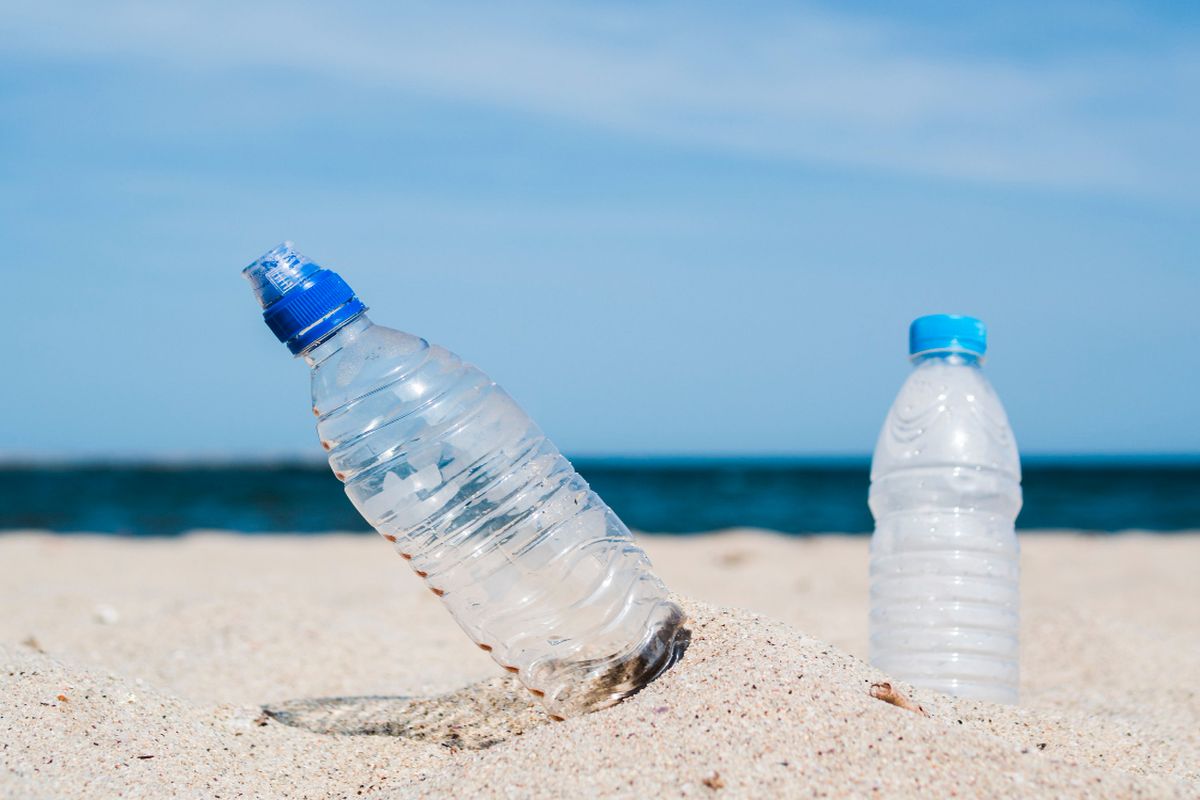
Sustainable Swaps: How to Replace Plastic Bottles?
February 13, 2024
Share To:
There’s no doubt that plastic bottles make it very convenient to carry water or other liquids wherever we want. However, we must be aware of the fact that plastic bottles are one of the major contributors to polluting the environment. The reason behind this is that they are non-degradable and it takes hundreds of years for a plastic bottle to decompose under normal environmental conditions.
Considering the impact of plastic bottles on the environment in the long run, it is important to find alternatives to them. So keeping this in mind, in this blog we will be exploring how to replace plastic bottles. Let’s find out why replacing plastic bottles is important and feasible ways to replace them.
Plastic Bottles and Their Impacts
The debate on the effect of the use of plastics on the environment has been ongoing for years. From lands to oceans, plastics are almost everywhere. It is a serious concern that the underlying plastics are going to continue polluting the earth for several hundreds of years.
Can you guess how many plastic bottles are produced each year by the bottle industry? The data are surprising as reports suggest that the bottle industry produces around 500 billion plastic bottles each year. Also, an average person uses 156 water bottles per year.
The excessive production and use of plastic bottles come with several drawbacks. From the impact on the environment to human health let’s find out the effects plastic bottles have,
Environment Impact
While the other effects of plastic bottles are significant too. The primary impact of plastic bottles is on the environment. Following are some of the impacts plastic bottles have on the environment,
Pollution
One of the primary causes of pollution results due to improper disposal of plastic including plastic bottles in oceans, rivers as well as landfills. It takes hundreds of years for plastic bottles to degrade. In the meantime, plastic bottles disposed of in water sources pose several threats to marine life and the entire marine ecosystem.
Depletion of Resources
Production of plastic bottles largely relies on chemicals sourced from fossil fuels. This results in the depletion of natural resources. Excessive extraction of fossil fuels has environmental consequences in the long run.
Greenhouse Gas Emissions
The production of plastic bottles involves the use of fossil fuels. Fossil fuels account for over 75% of total greenhouse emissions. So, the production, transportation as well as disposal of plastic bottles contribute to greenhouse gas emissions ultimately escalating climate change.
Human Health Impact
Well, plastic bottles doesnot only affect the environment. Plastic bottles also pose a risk to human health. It has been found that additives such as bisphenol A (BPA) and Phthalates are present in plastic bottles. When a plastic bottle is exposed to heat or stored for a long period of time, there are chances that these chemicals mix up with the water in the plastic bottle.
Social and Economic Impact
Besides the impact on the environment and human health, plastic bottles have social and economic impacts too. The overuse of plastic bottles results in increased waste management challenges as well as increased clean-up costs.
Exploring Alternatives: How to Replace Plastic Bottles?
As we move forward on our blog, it’s time for us to finally discuss how we can replace plastic bottles. While there are different ways to replace plastic bottles, one of the most common and effective ways is to use bottles made up of materials other than plastic.
So, let’s find out what are the options available that you can use instead of plastic bottles,
Glass Bottles
Before the discovery of plastic, glass was the one widely used to store water and other liquids. Despite being fragile glass bottles can be a perfect alternative to plastic bottles if handled carefully. The best part about glass bottles is that glass is infinitely recyclable and there are no chances of it leaching harmful chemicals into the water.
Stainless Steels
When it comes to bottles that are highly reusable, bottles made up of stainless steel are top on the list. You don’t need to worry about the fragility of glass bottles as you can go for stainless steel bottles that are highly reusable, easily portable, and can withstand wear and tear for a longer period. In addition, if you choose Better water bottles then you can enjoy the durability along with stylish design.
Wait, do you have a stainless steel bottle but looking for a new one just because you’re struggling to clean it? If so, make sure you go through how to clean a metal water bottle like a pro to make your water bottle cleaning super easy.
Biodegradable Disposable Bottles
The other alternatives for plastic bottles are biodegradable disposable bottles. The biodegradable disposable bottles are usually made up of cornstarch, sugarcane, or other biodegradable materials that will decompose over time, unlike plastic bottles which take hundreds of years to decompose.
Silicone Bottles
These bottles are made up of 100% food-grade silicone. Silicone is a non-toxic, odourless, and tasteless material. Also it does not leach any harmful chemicals into the water or liquid content that is present in the bottle. Besides, they are lightweight, flexible, and durable making it possible for you to reuse them time and again.
Wrapping Up!
Despite being one of the convenient and cost-friendly ways to carry water and other liquids, plastic bottles are one of the major contributors to pollution. Plastic bottles do not only harm the environment and marine life. The chemicals such as BPA and Phthalates present in plastic bottles also pose risk to human health.
While the answer to the question of how to replace plastic water bottles has many answers, one of the most feasible and effective answers would be to use other alternatives. You can use bottles made up of glass, stainless steel, biodegradable materials, and silicones that help with replacing plastic water bottles.
If you are thinking of switching to an alternative of plastic water bottles, make sure you visit Better Home Appliances for bottles made up of stainless steel which look super stylish.




